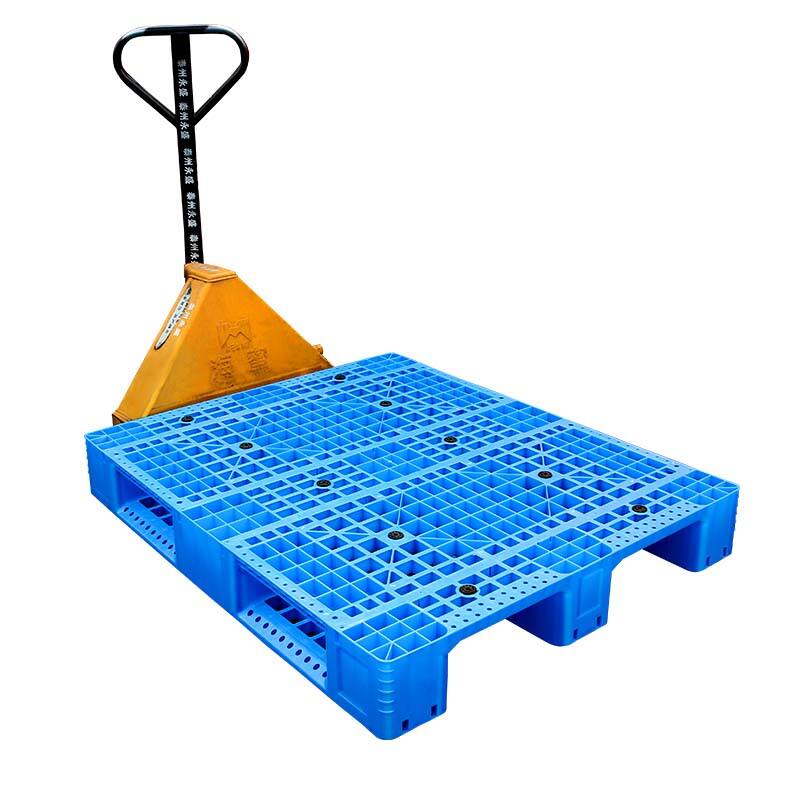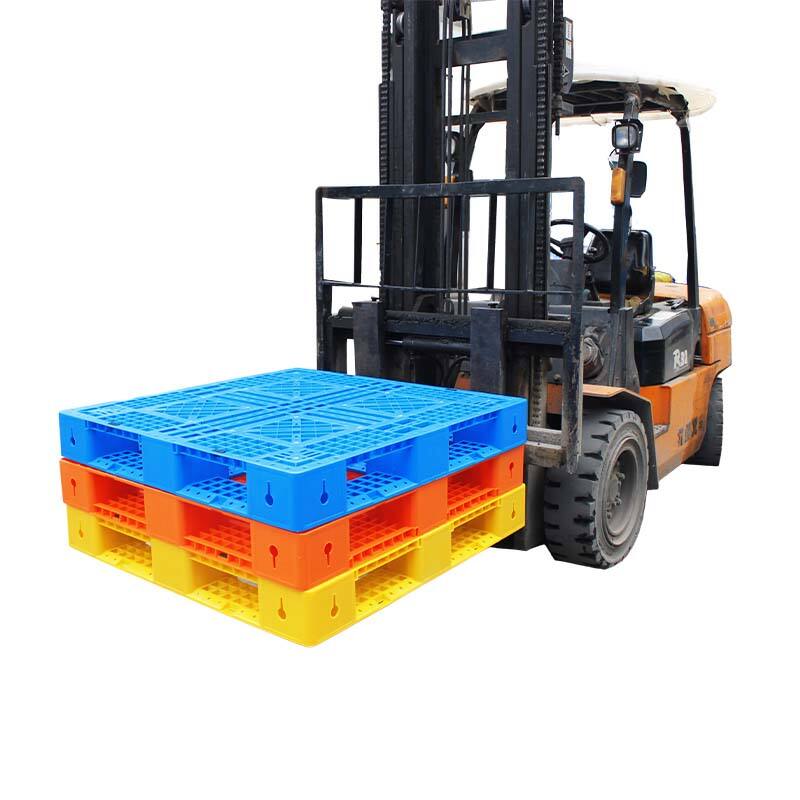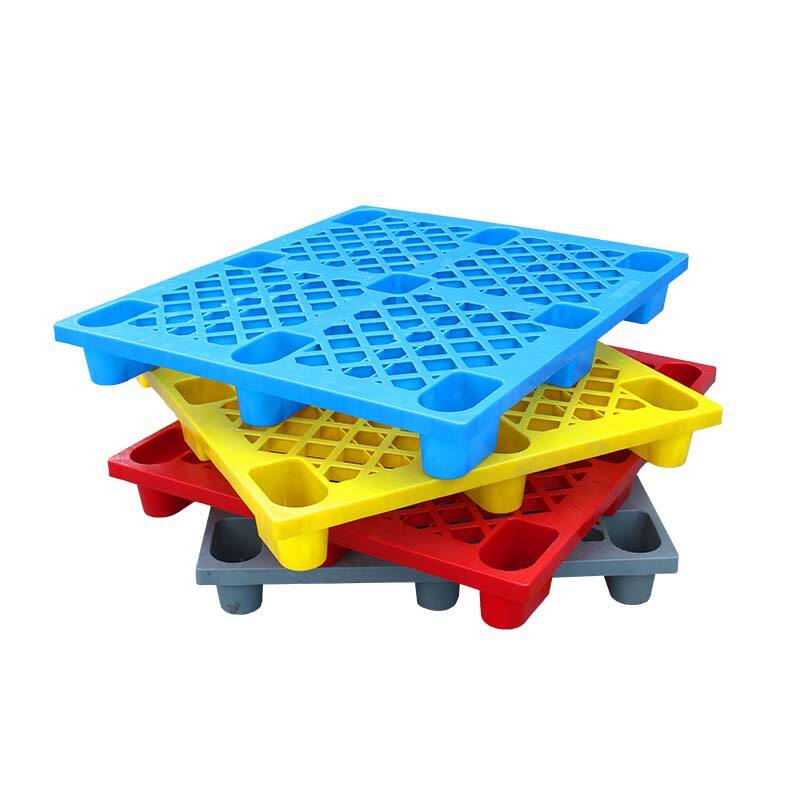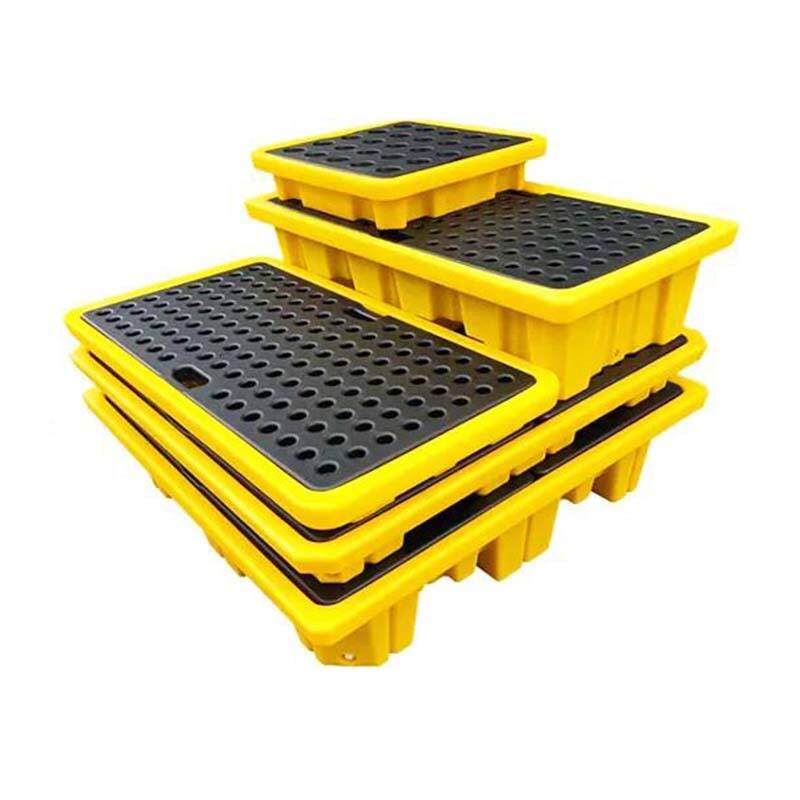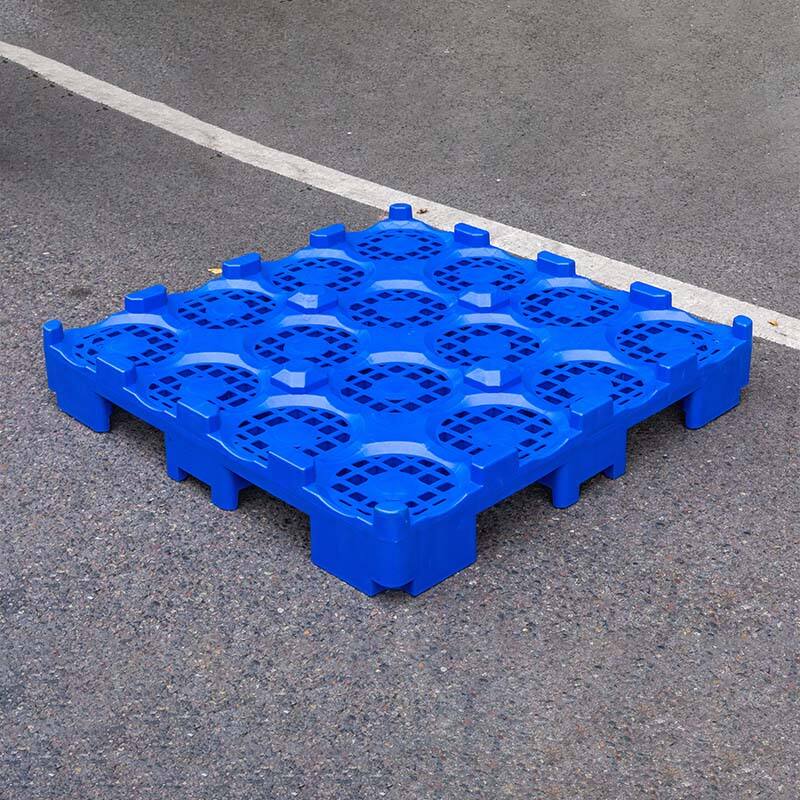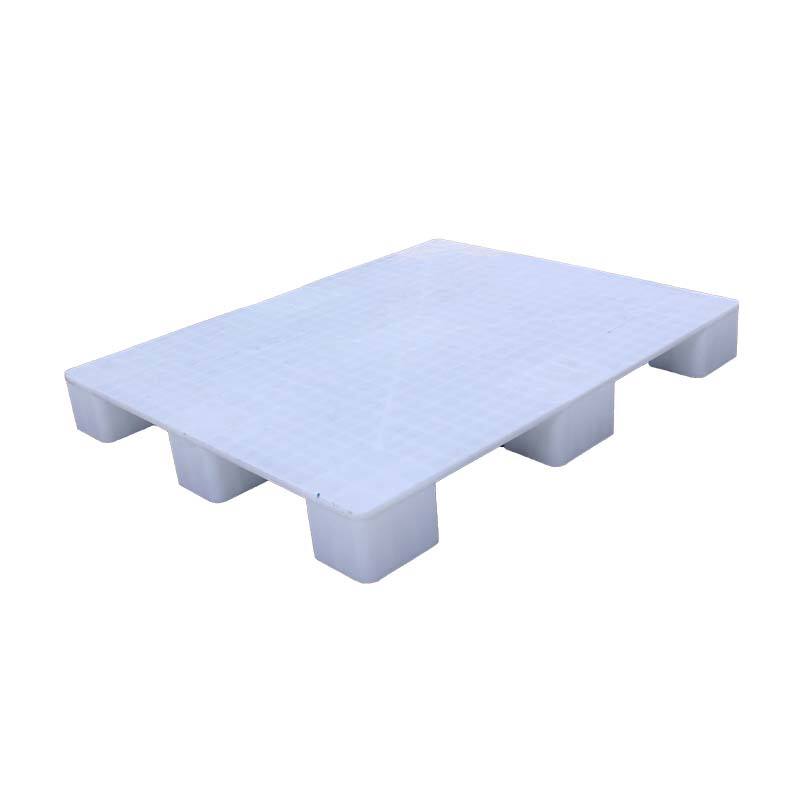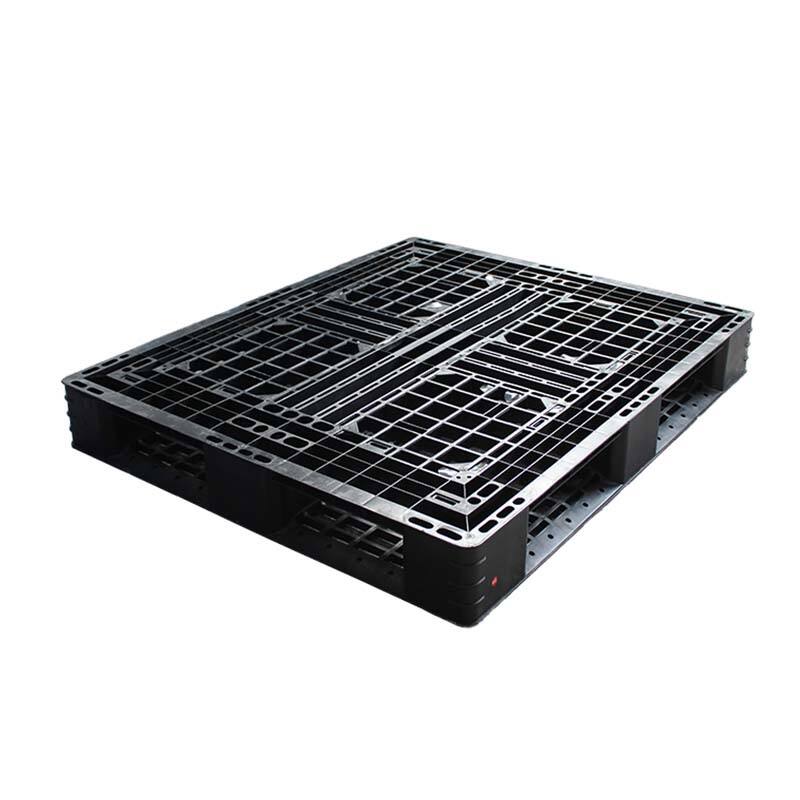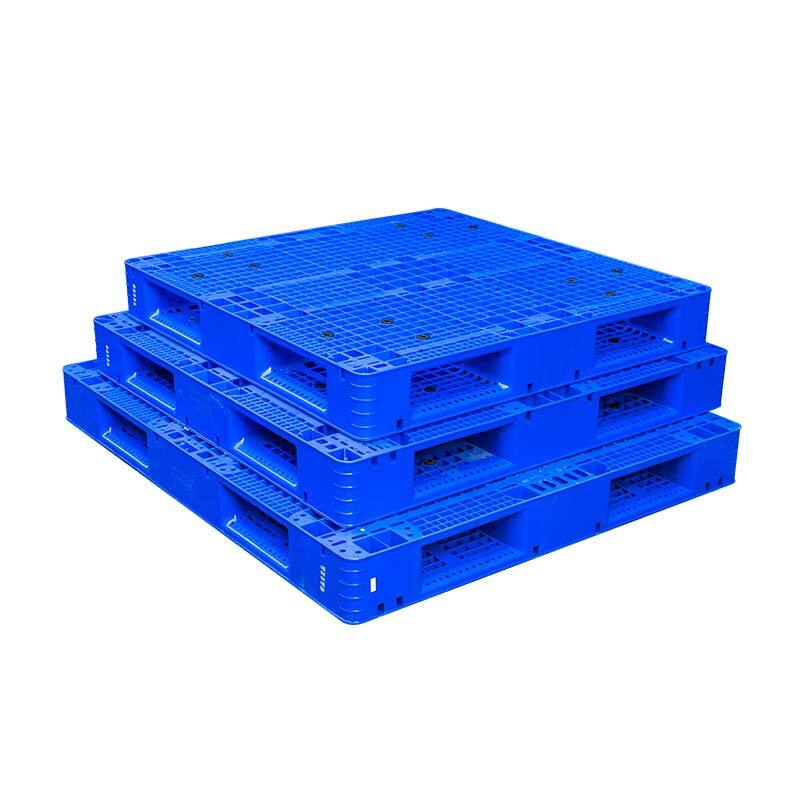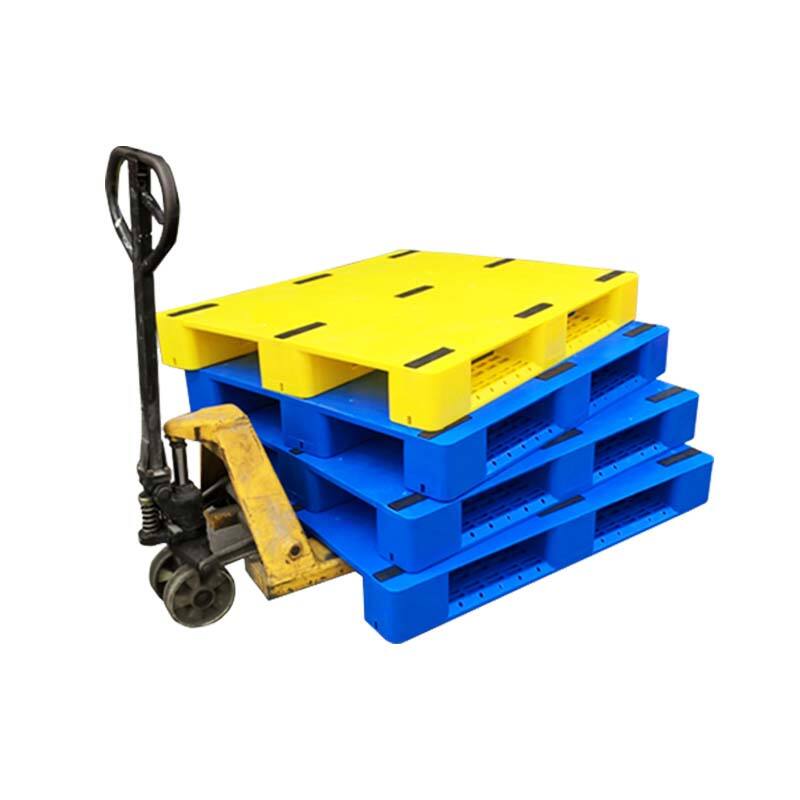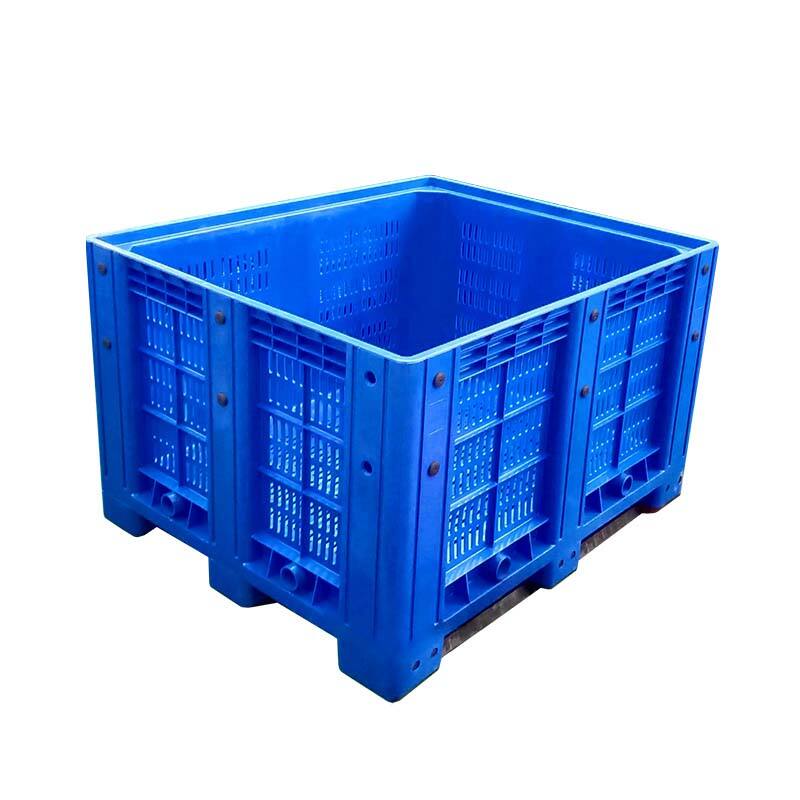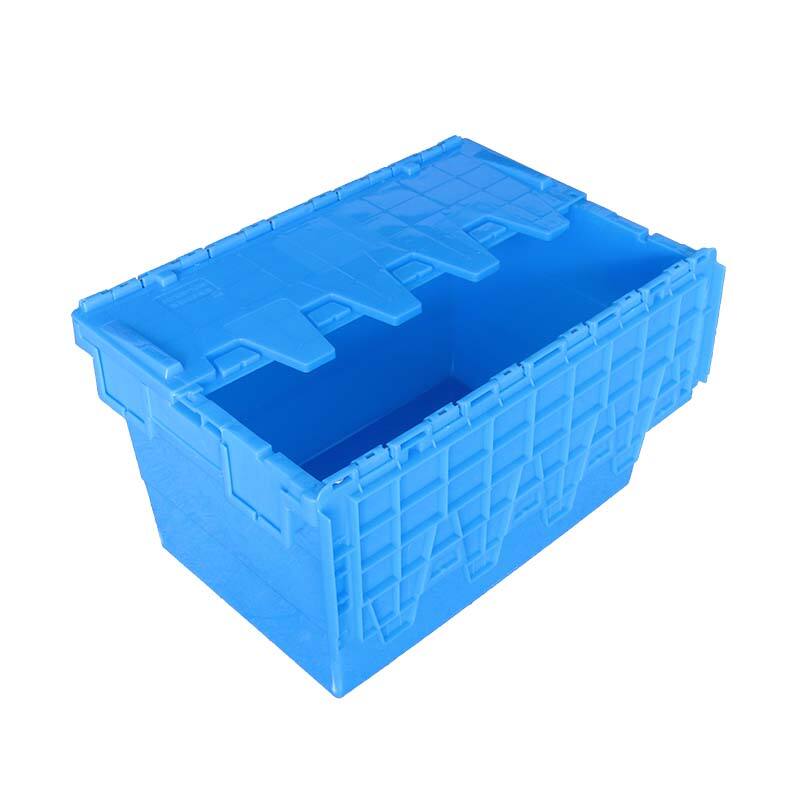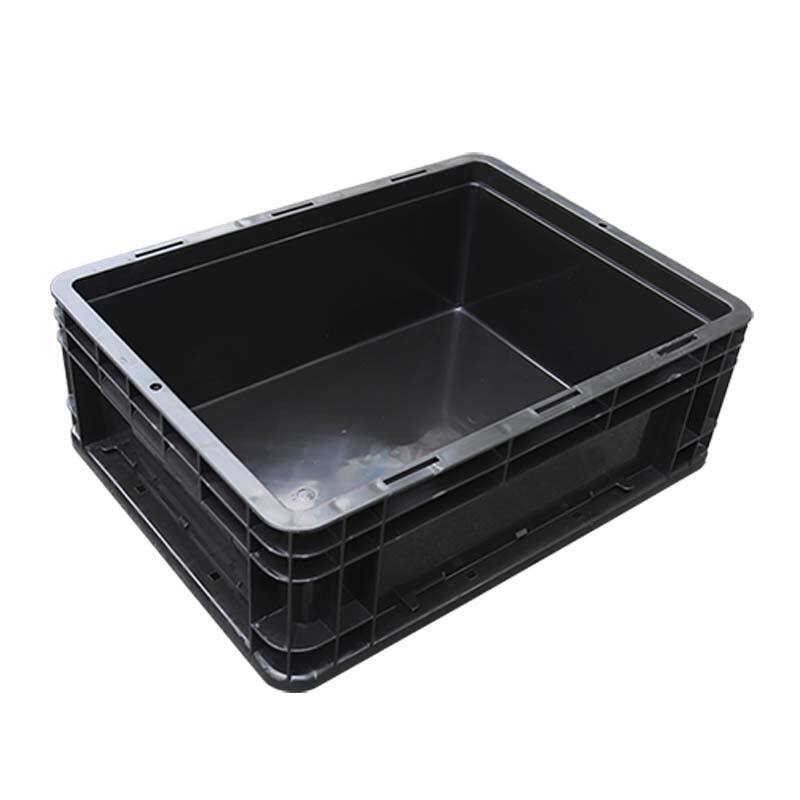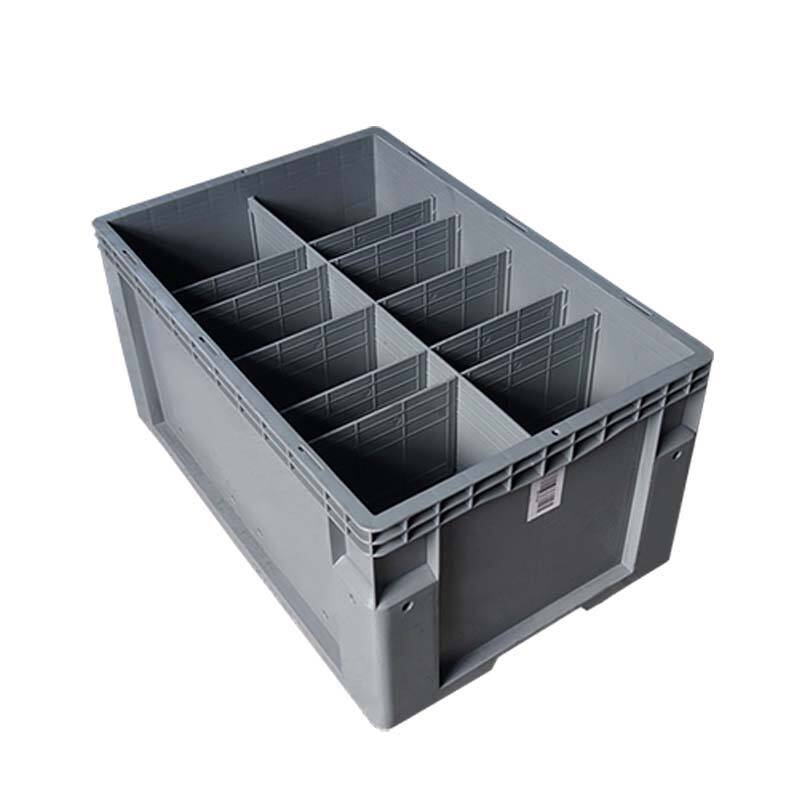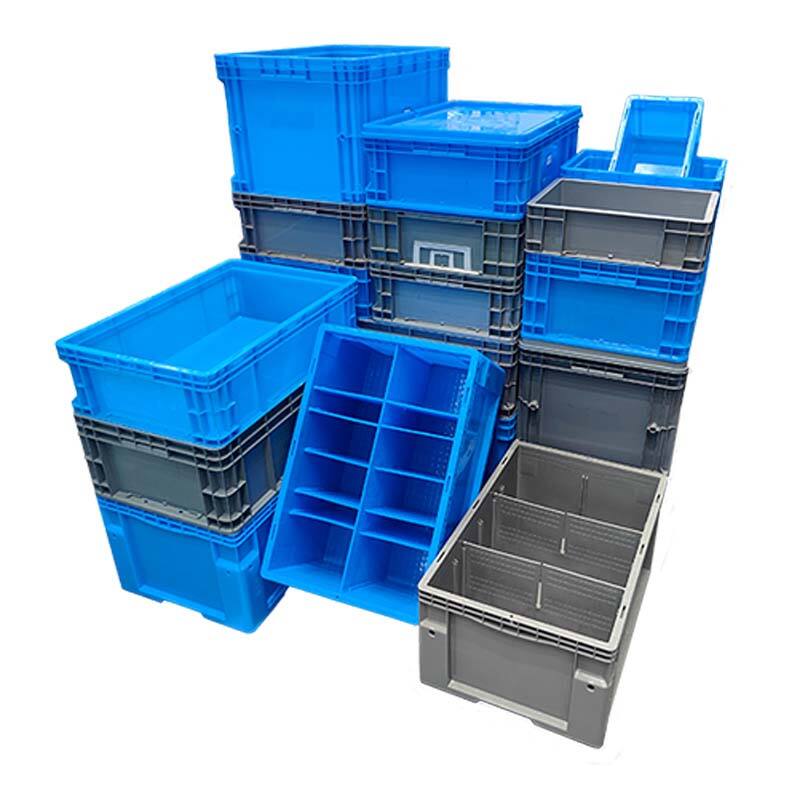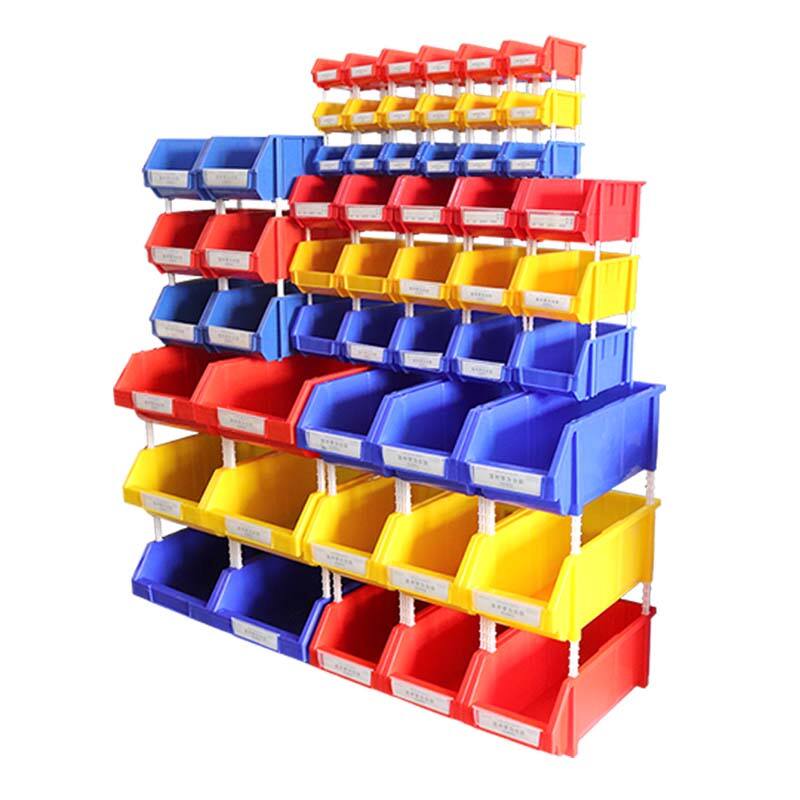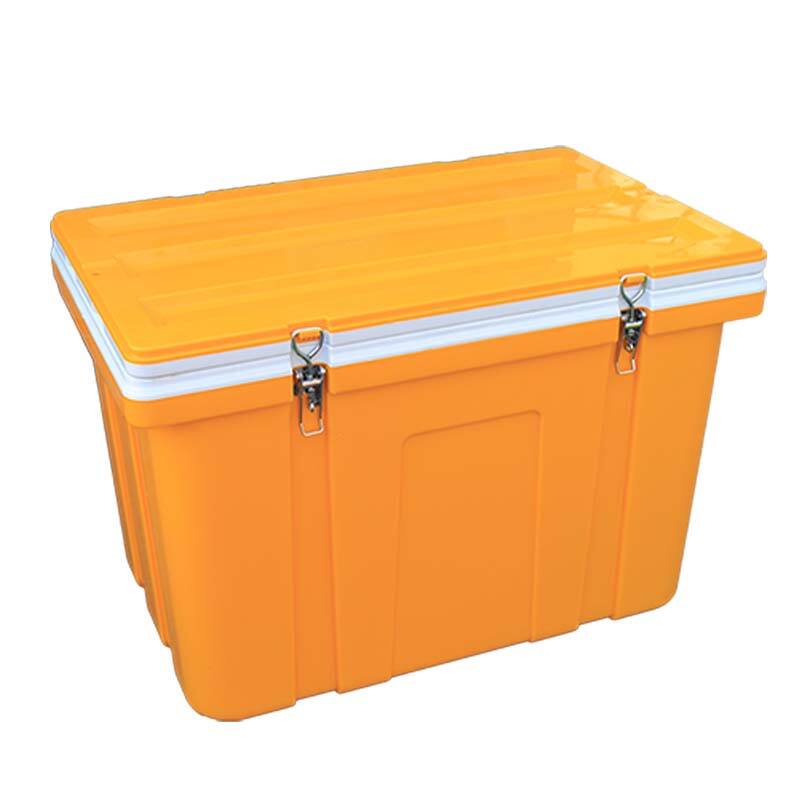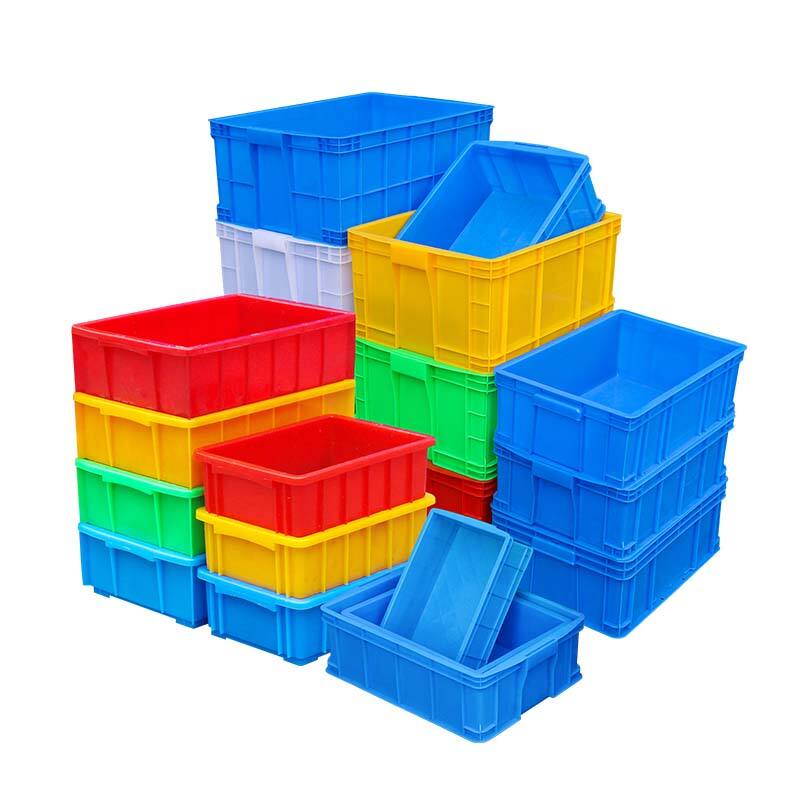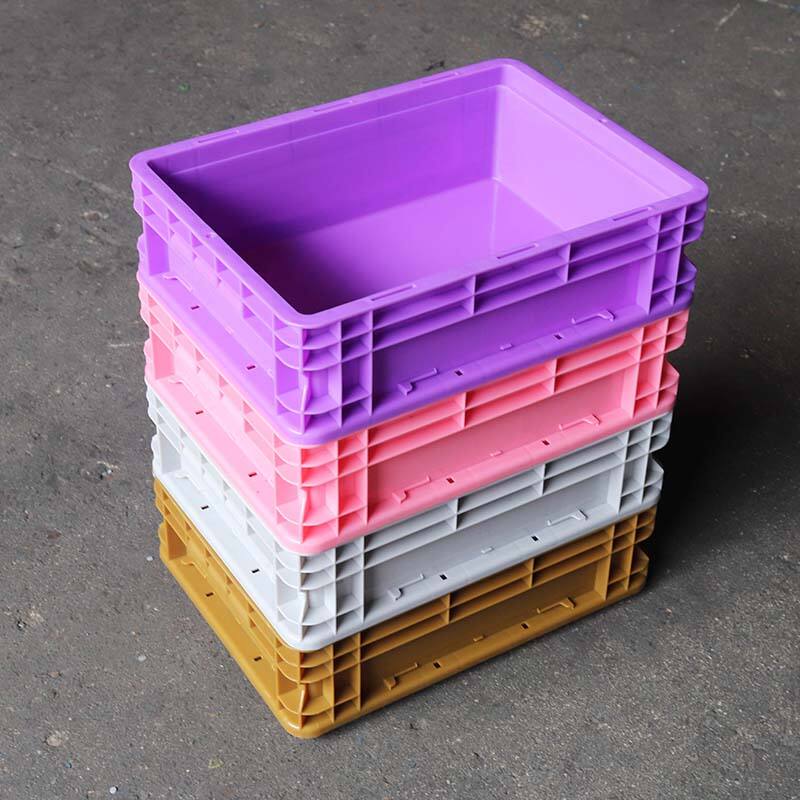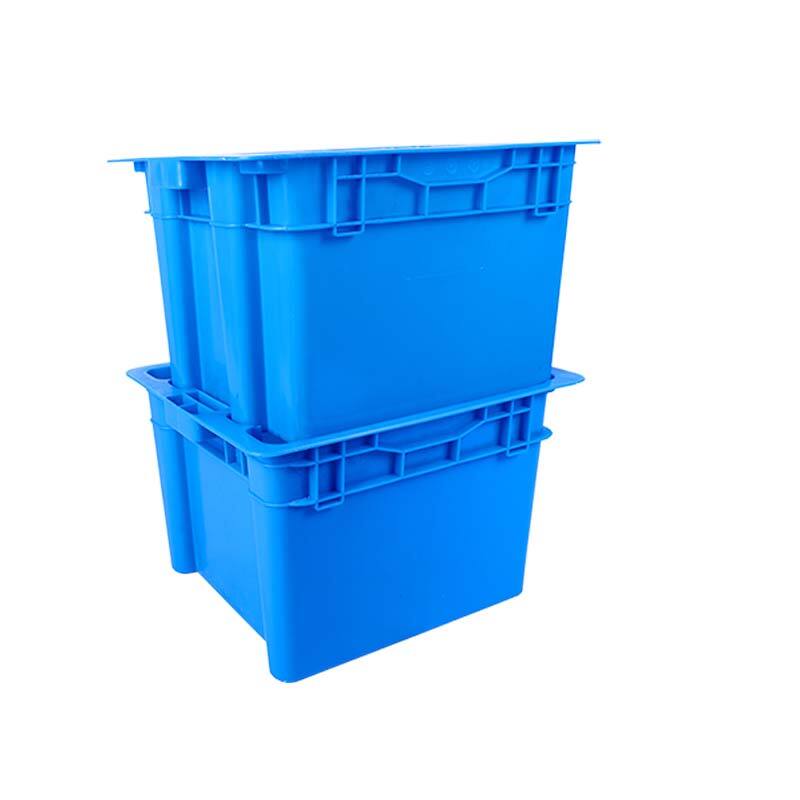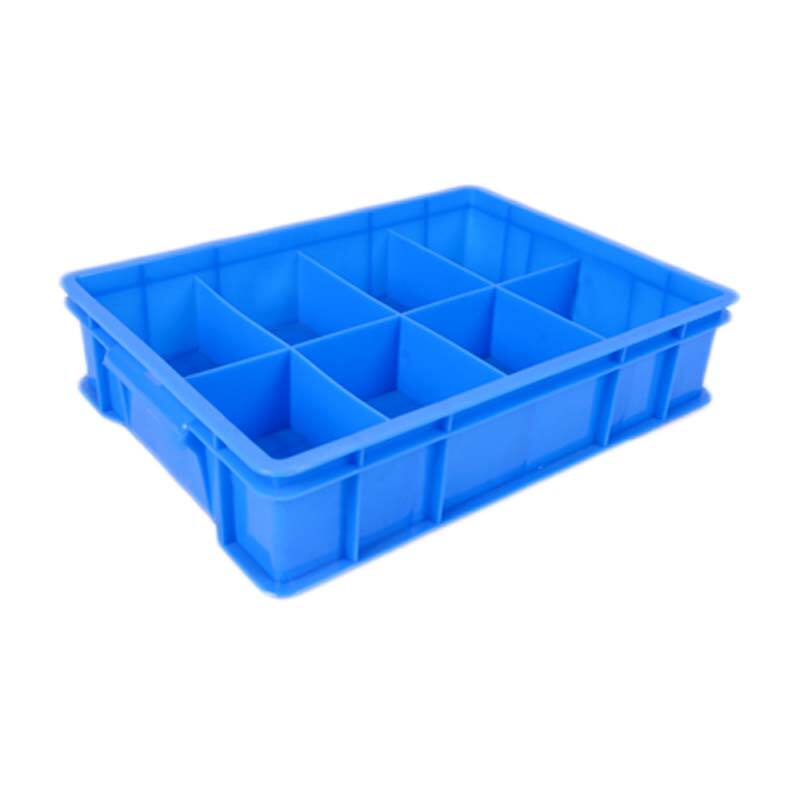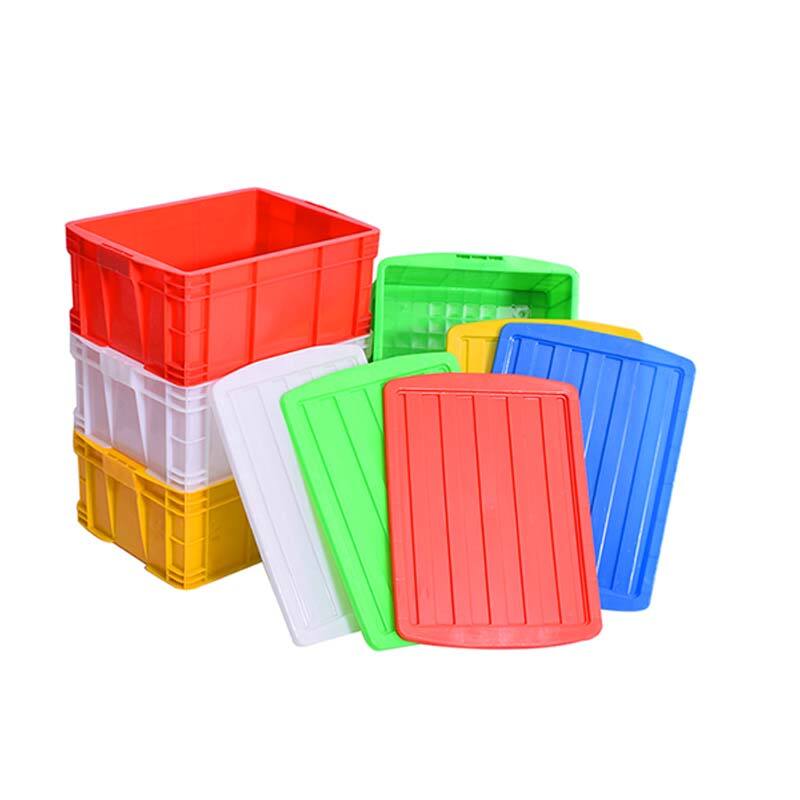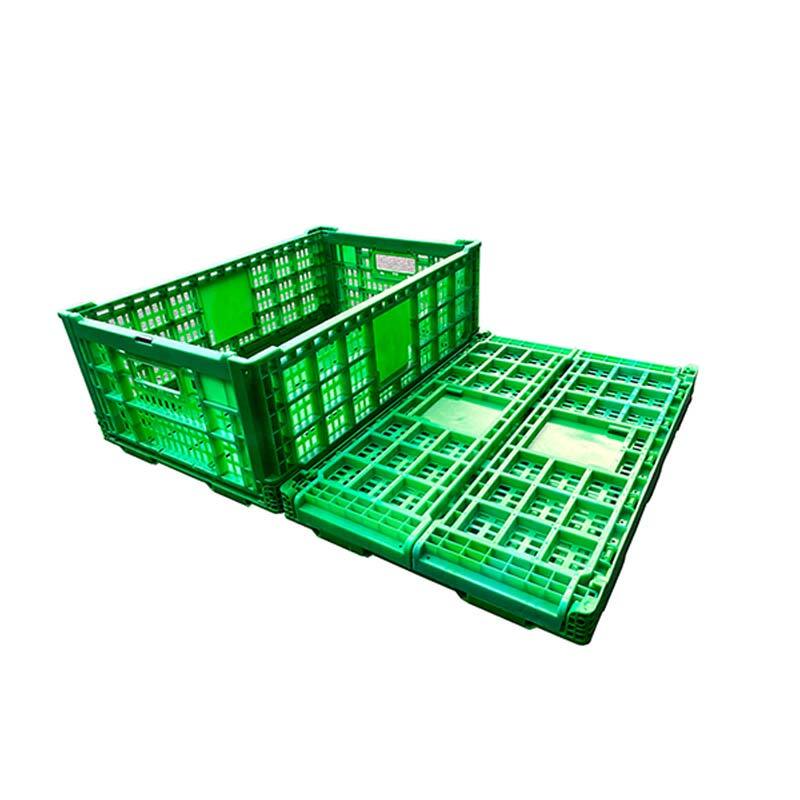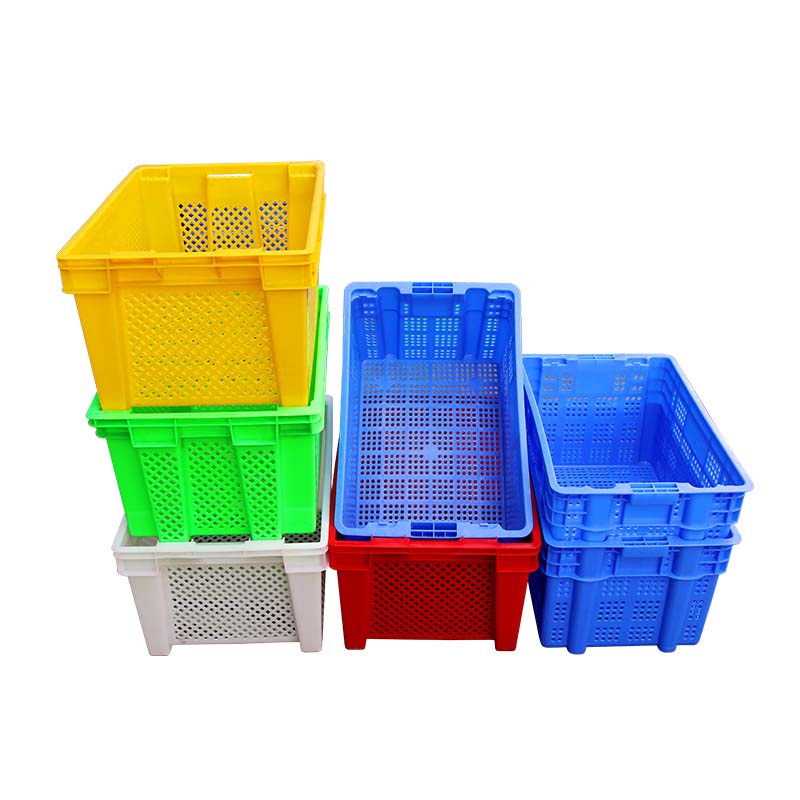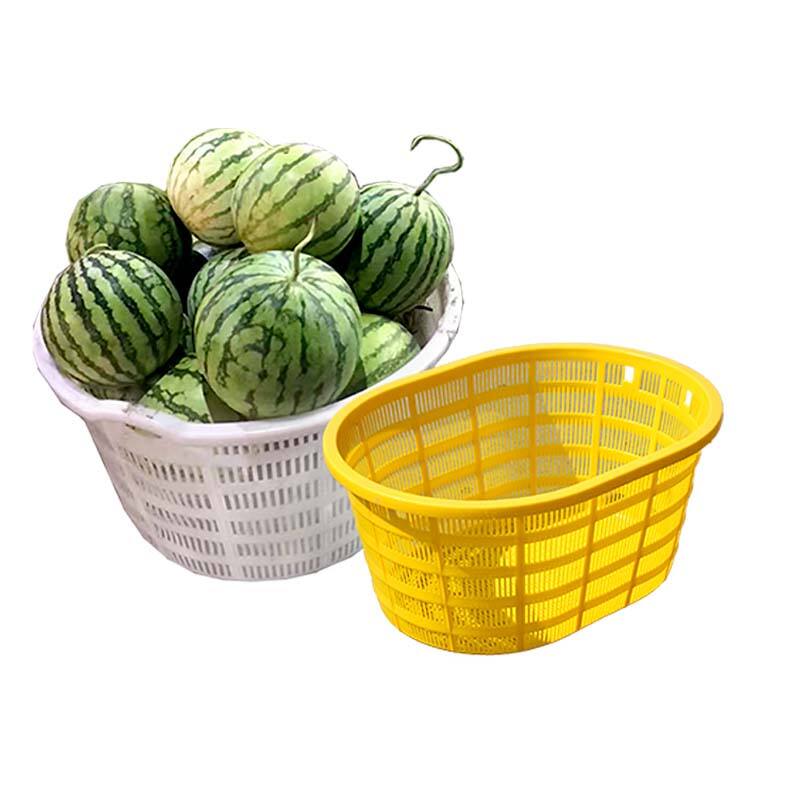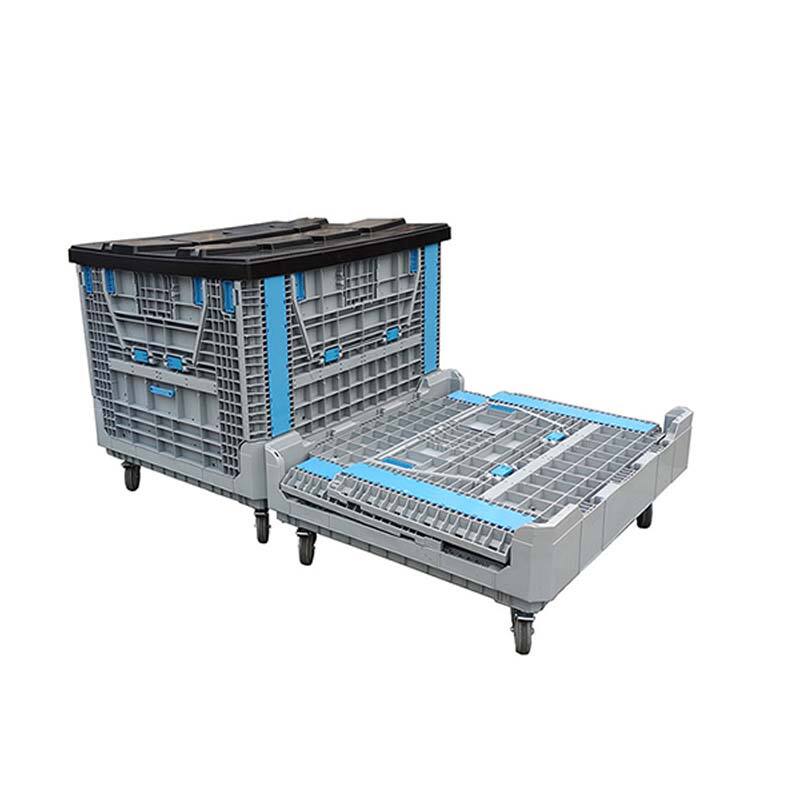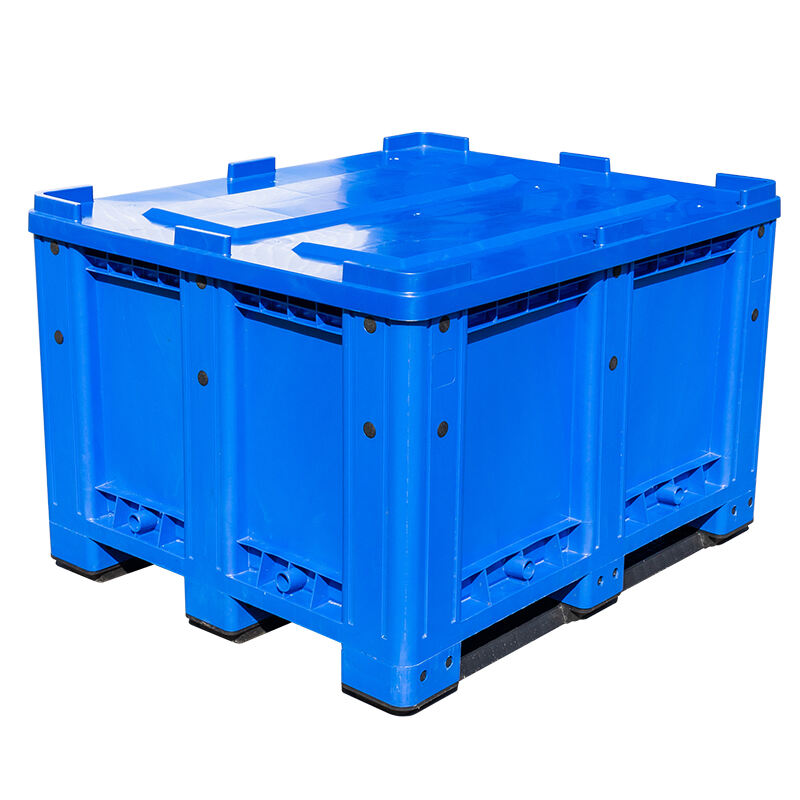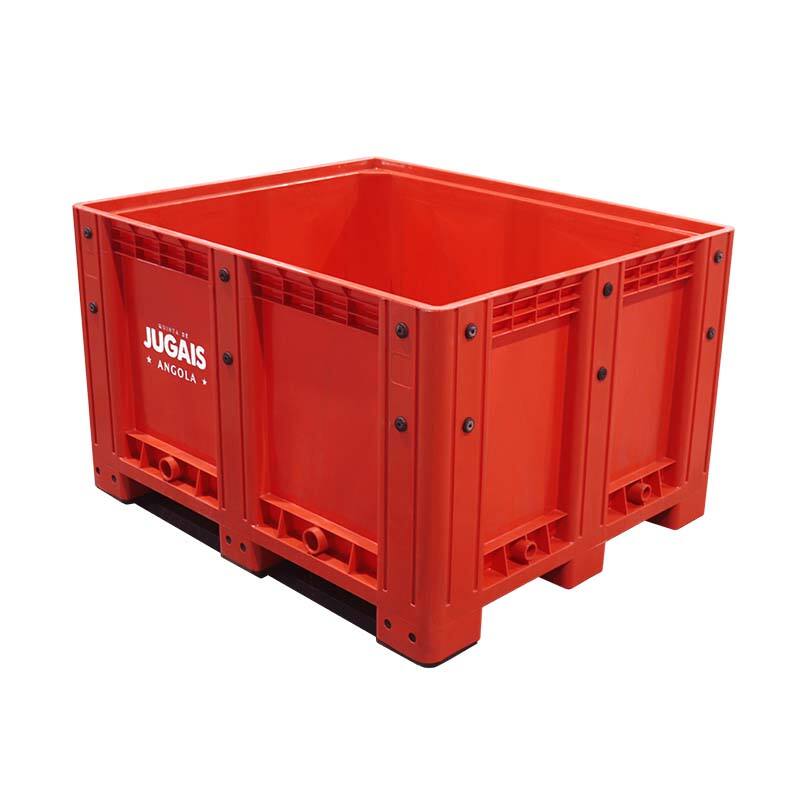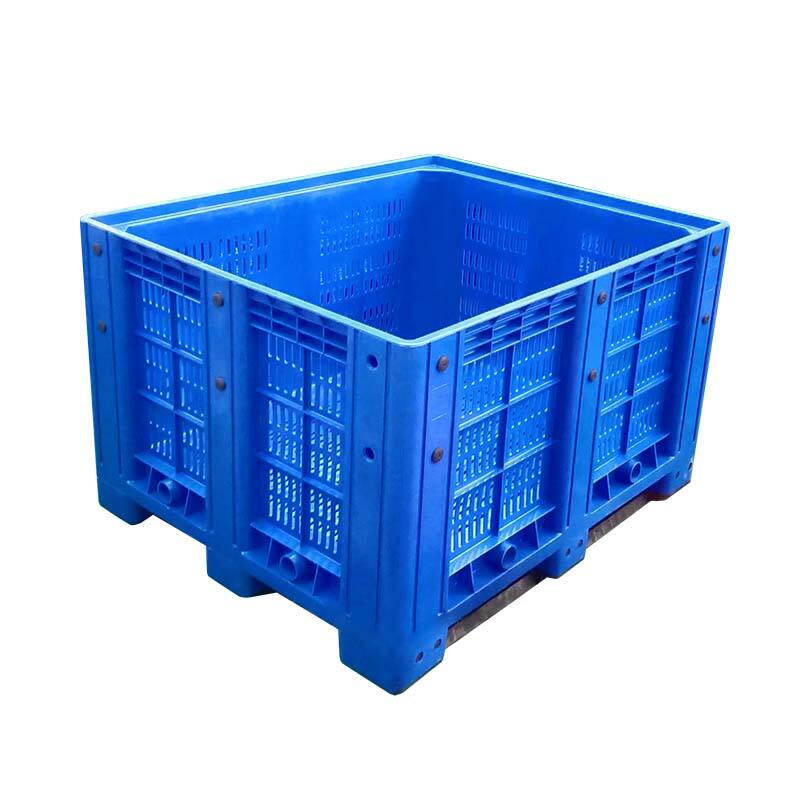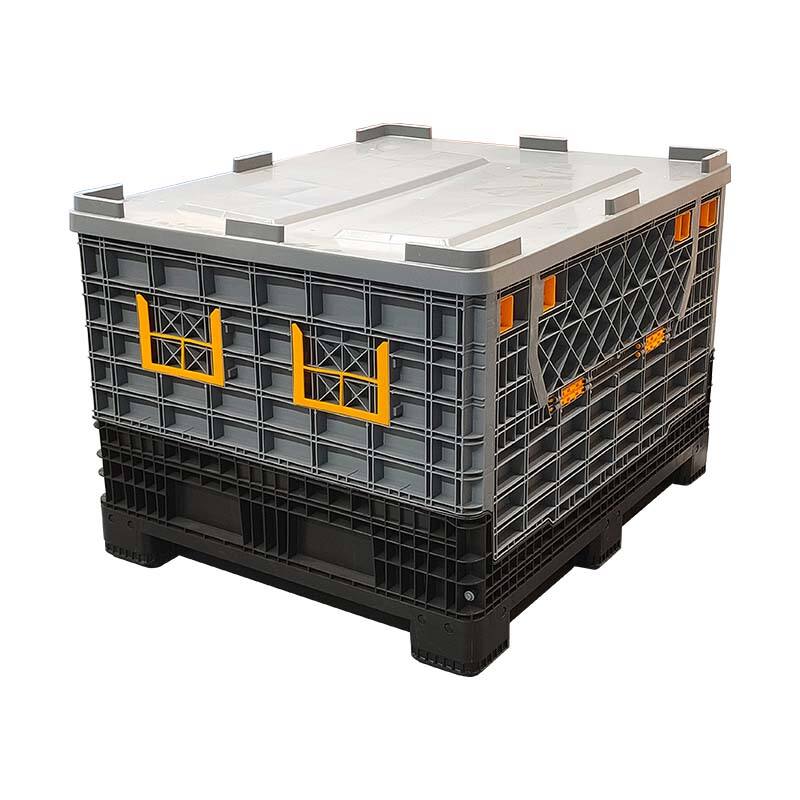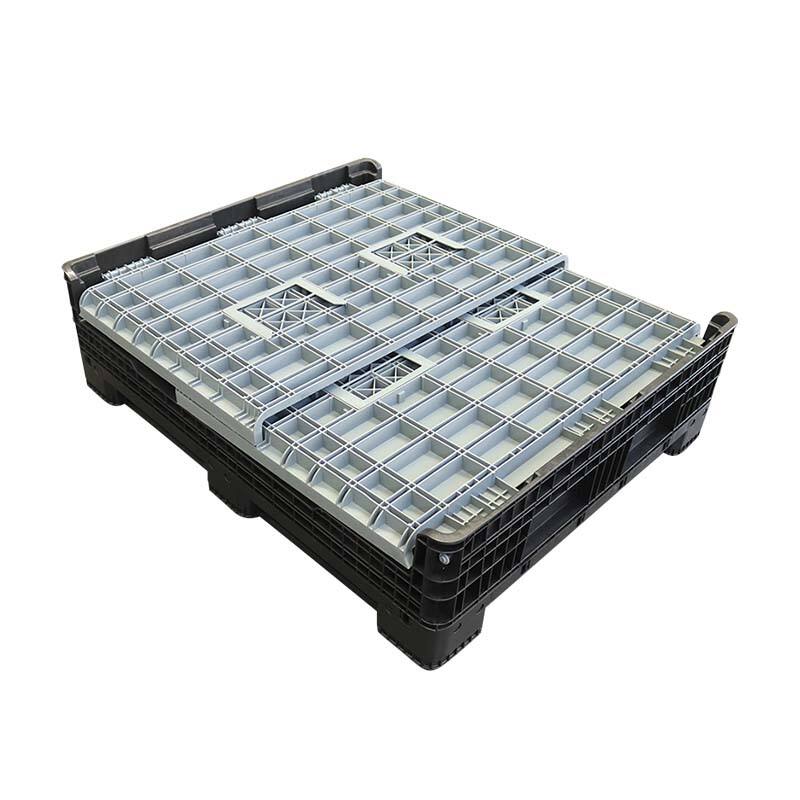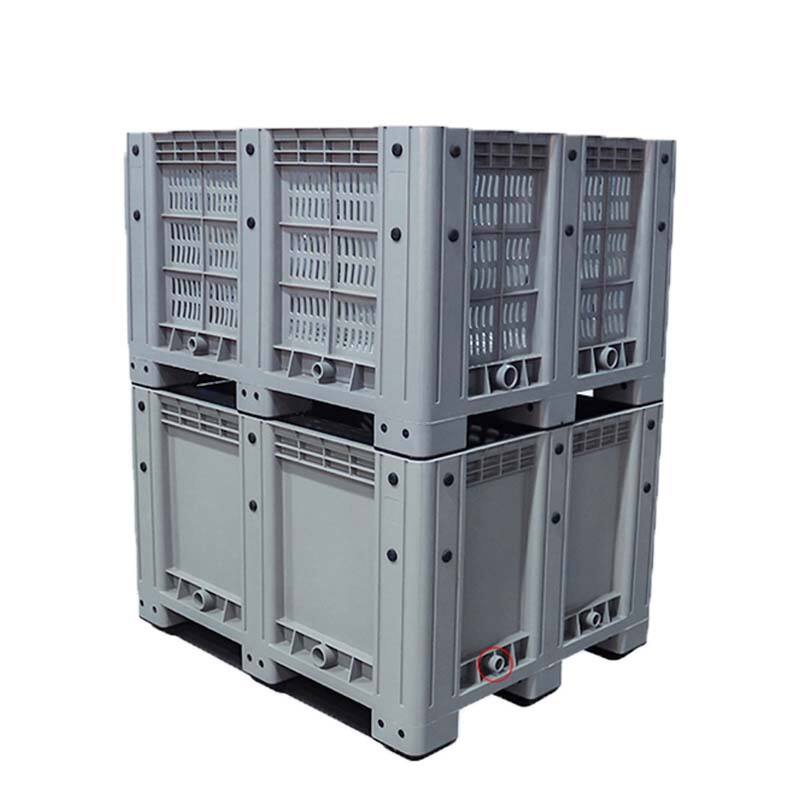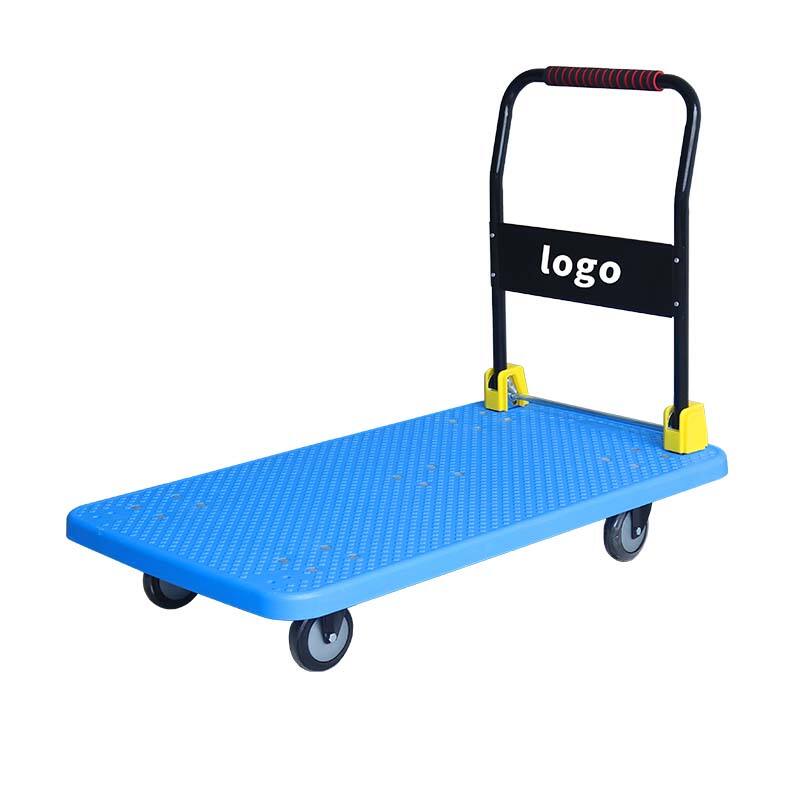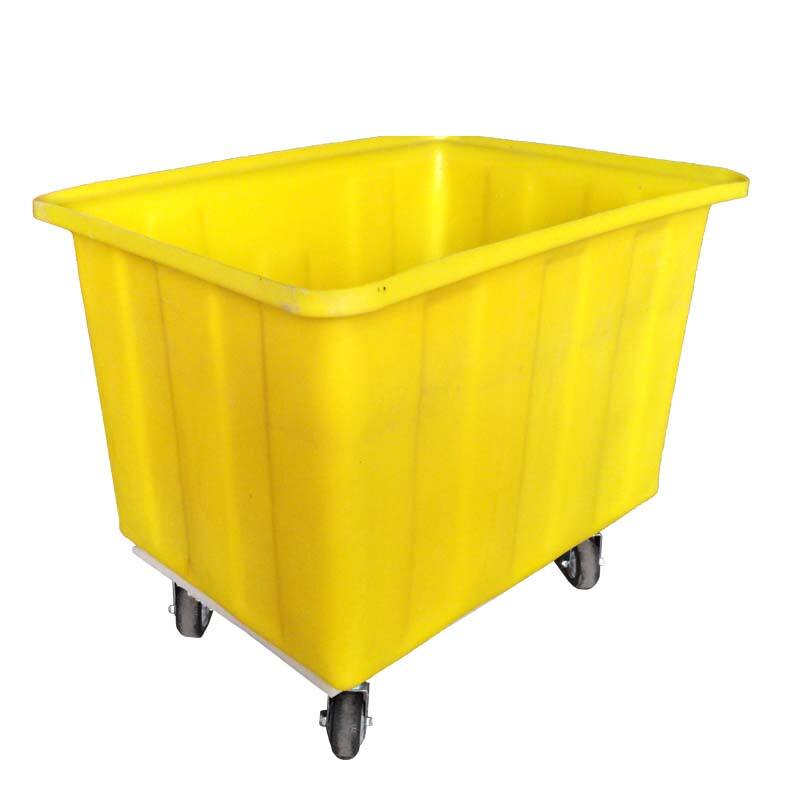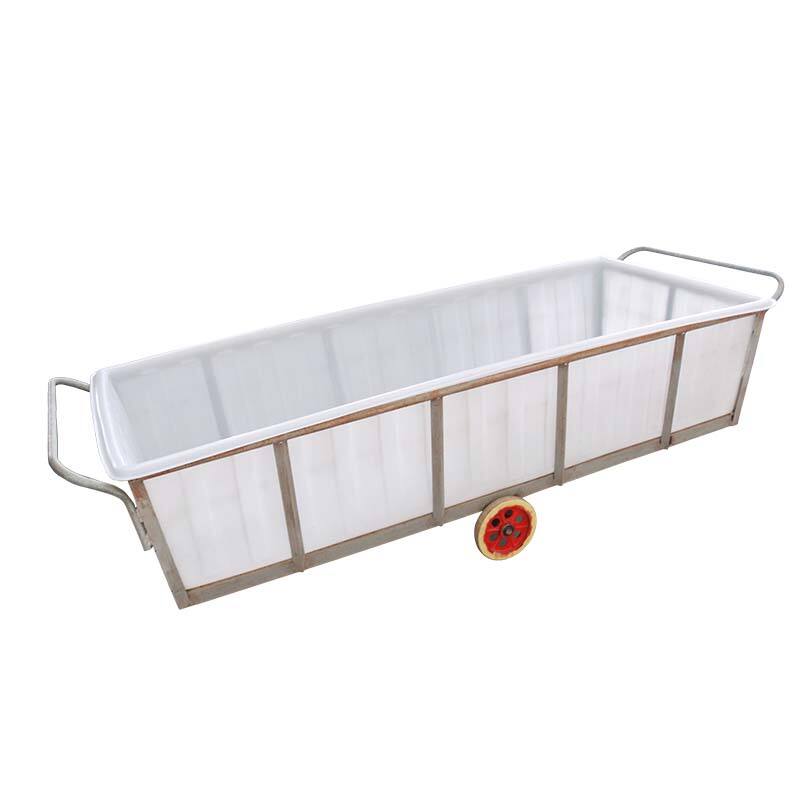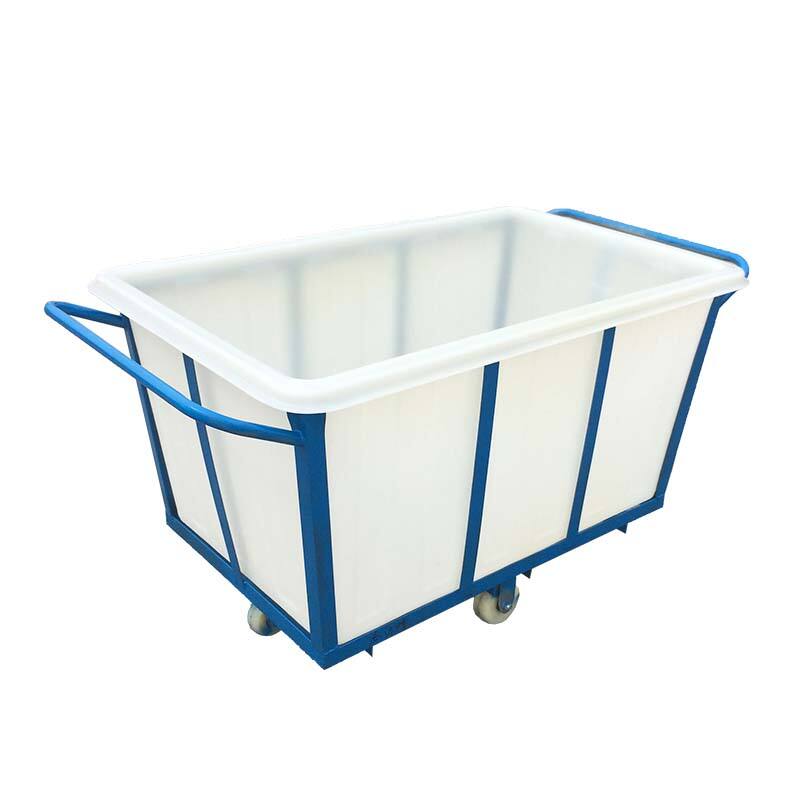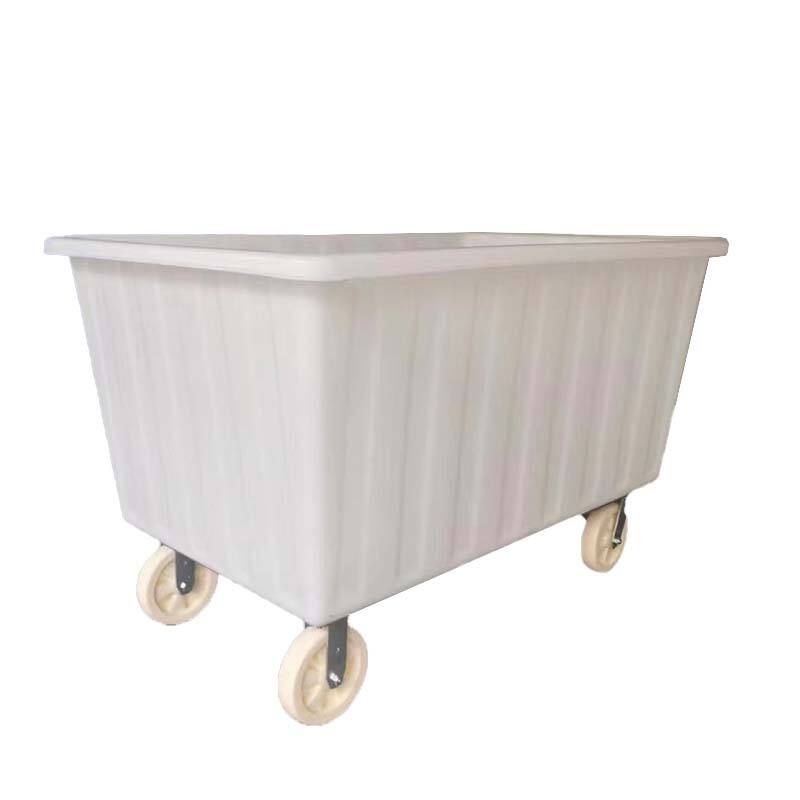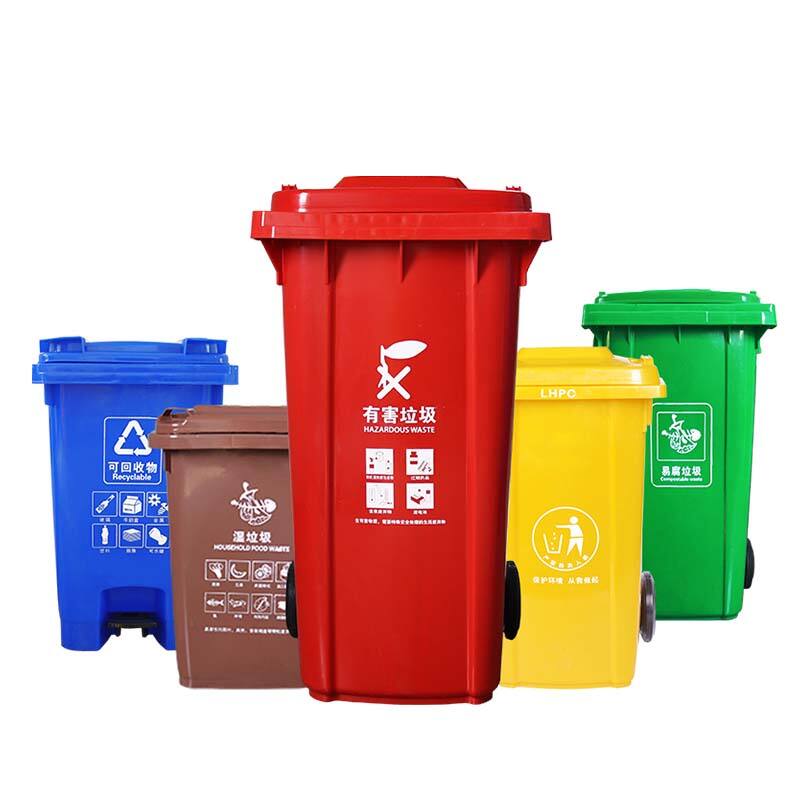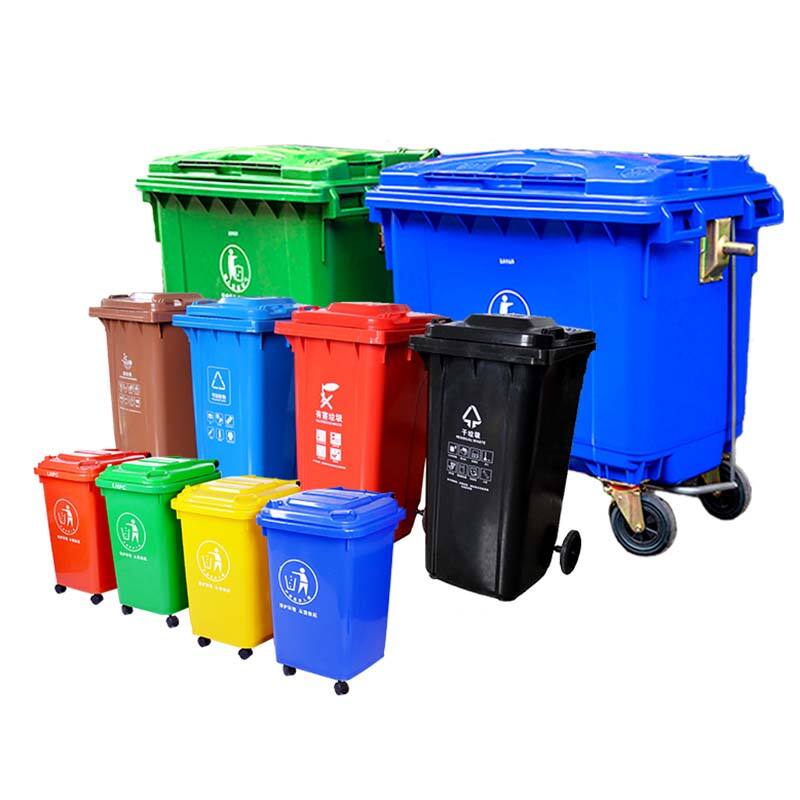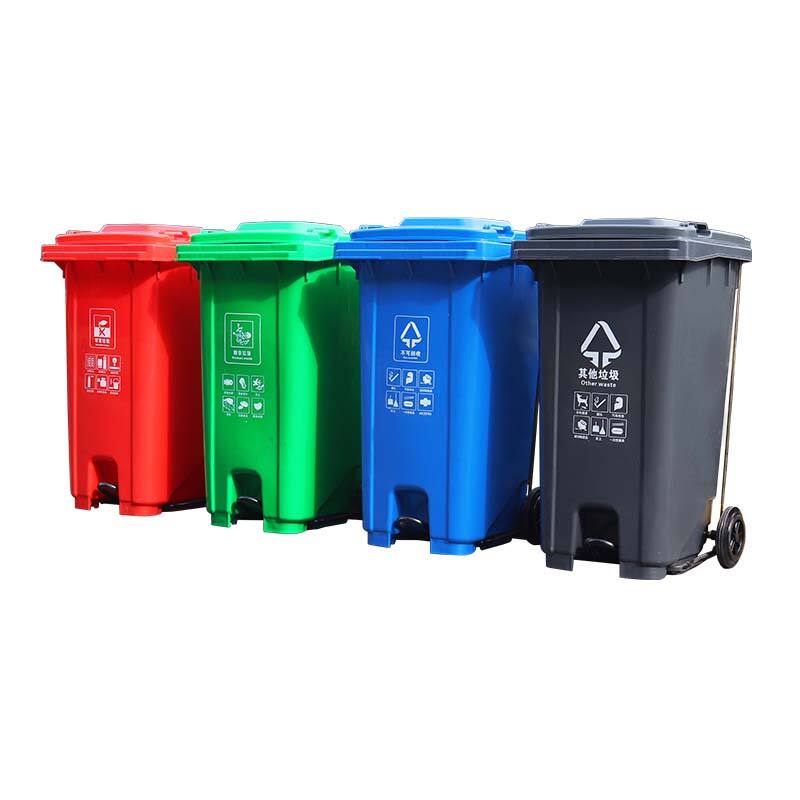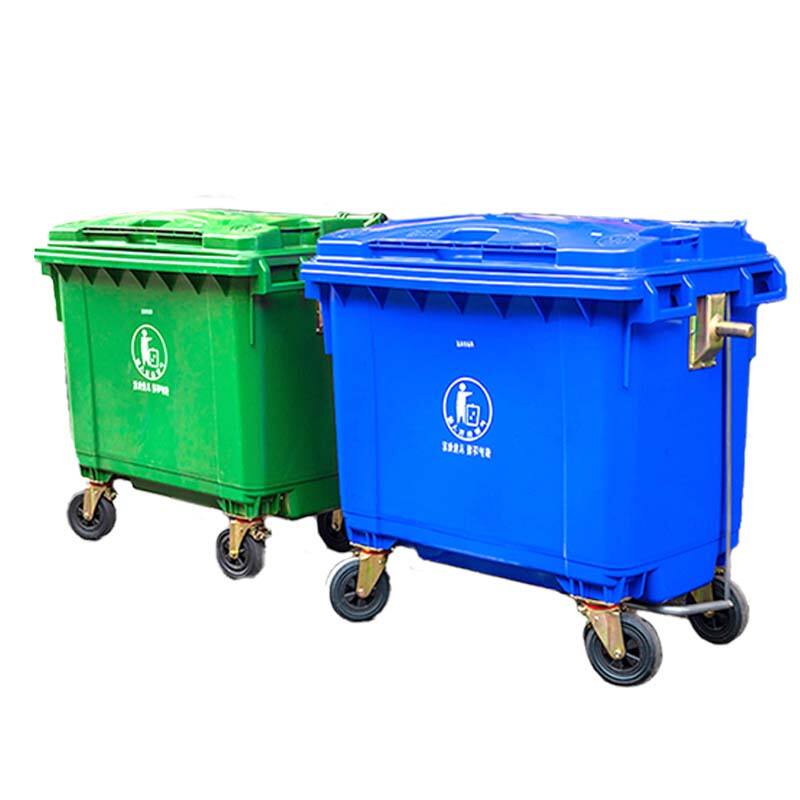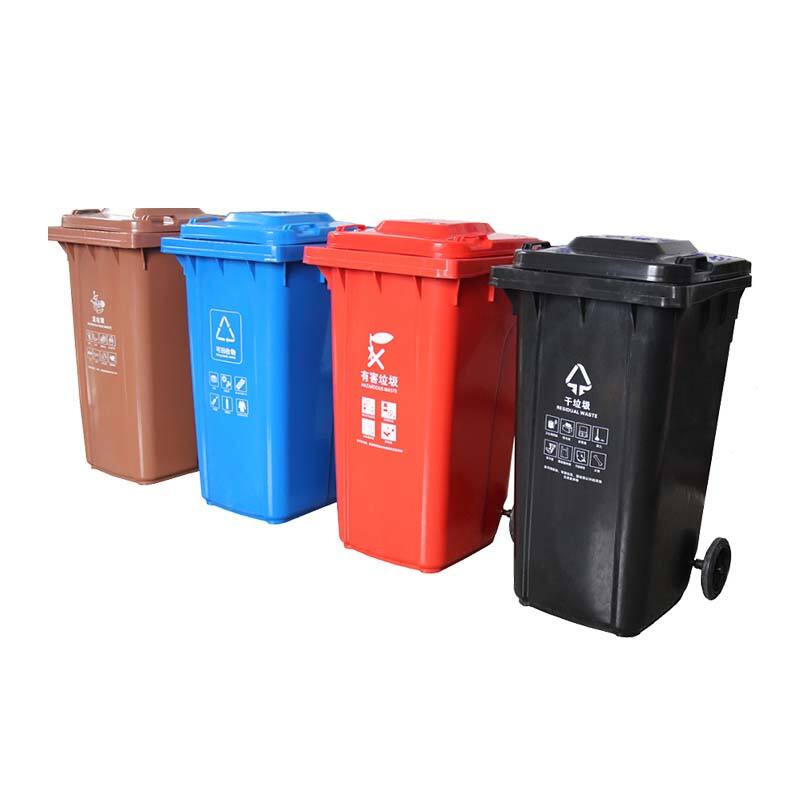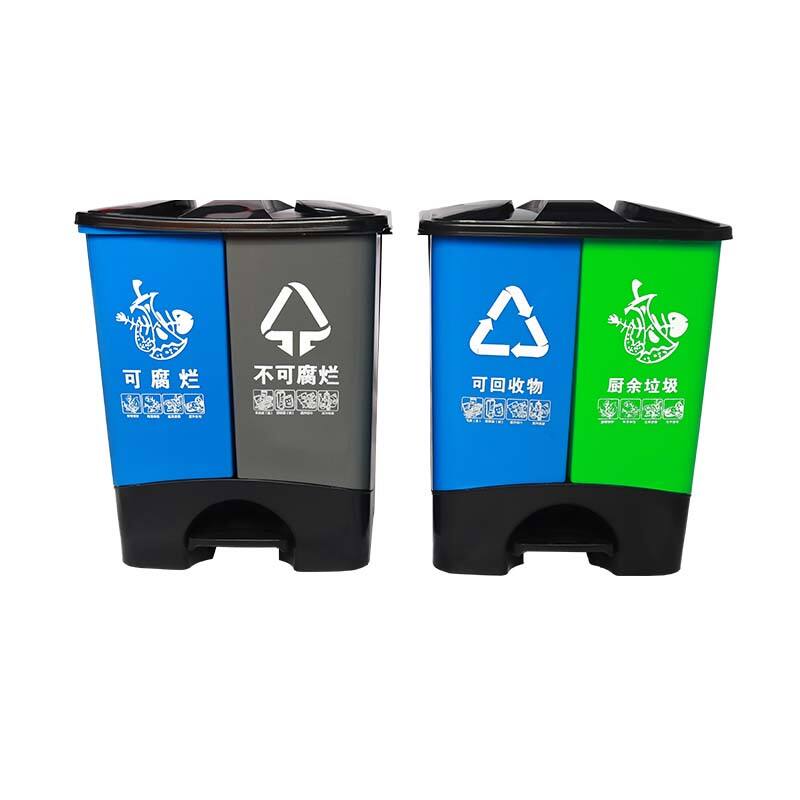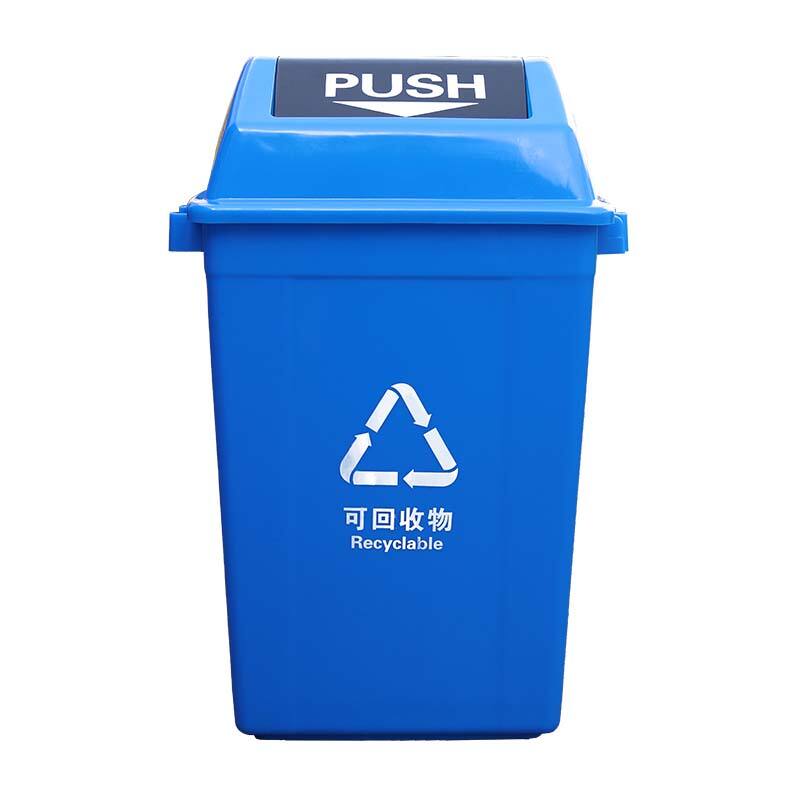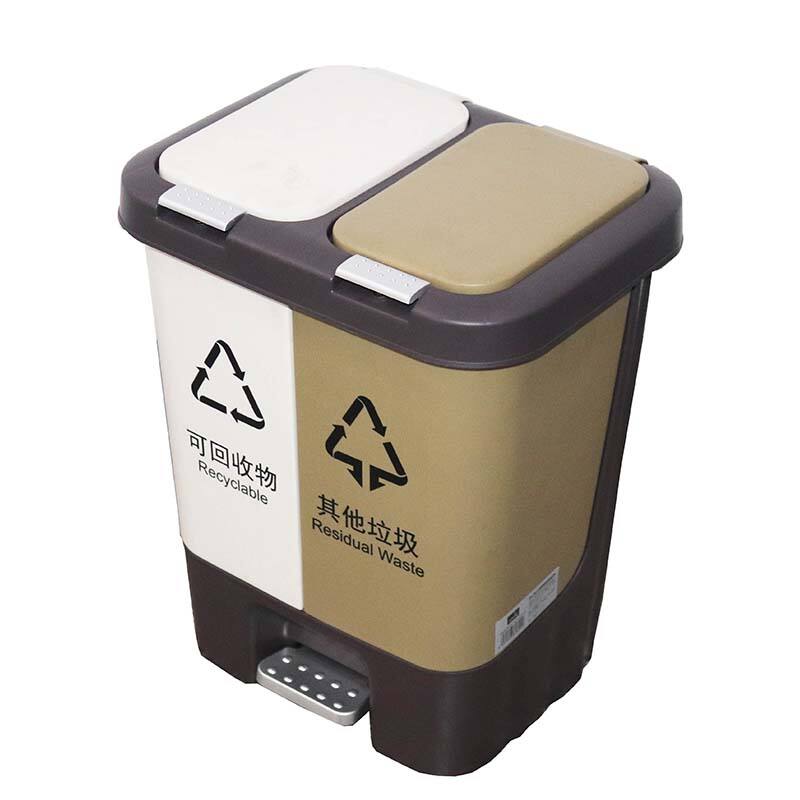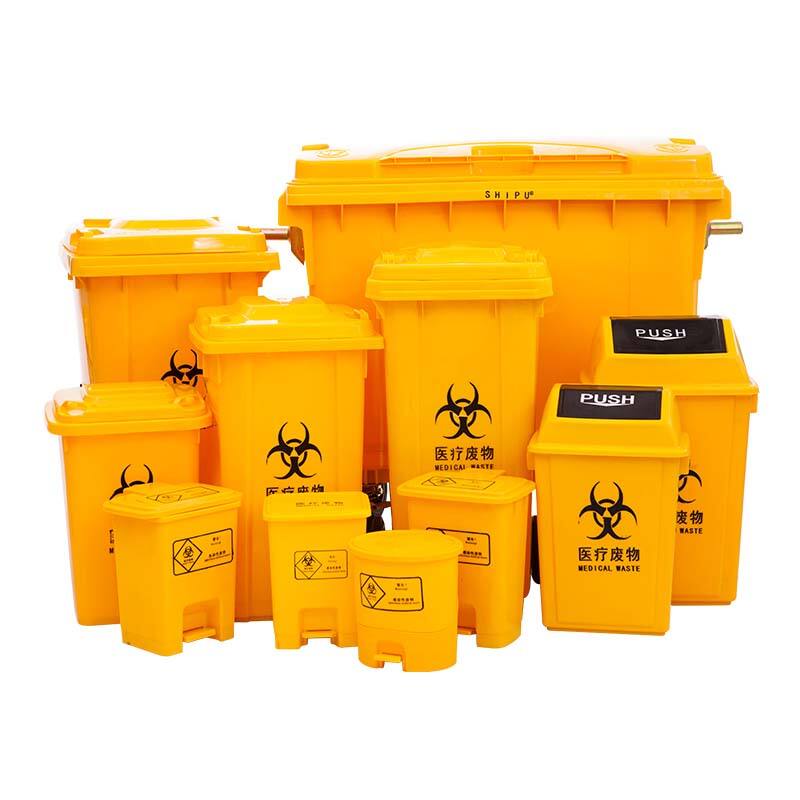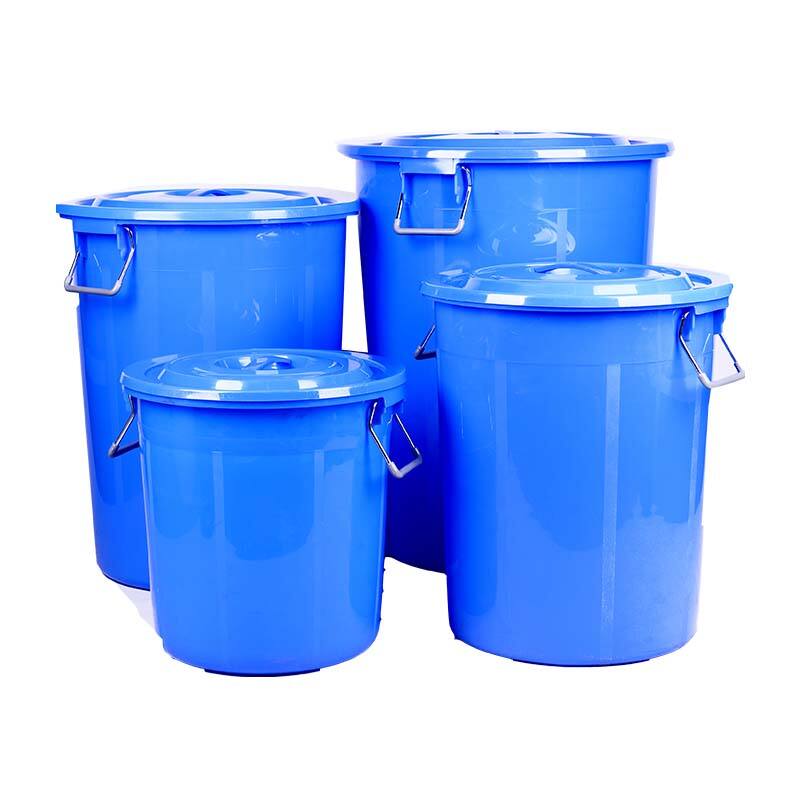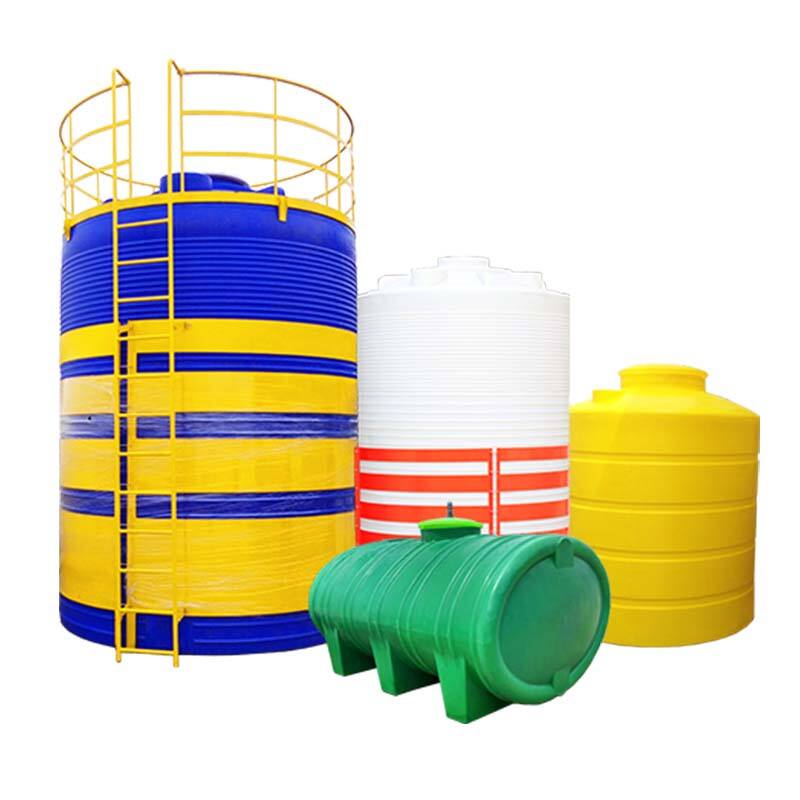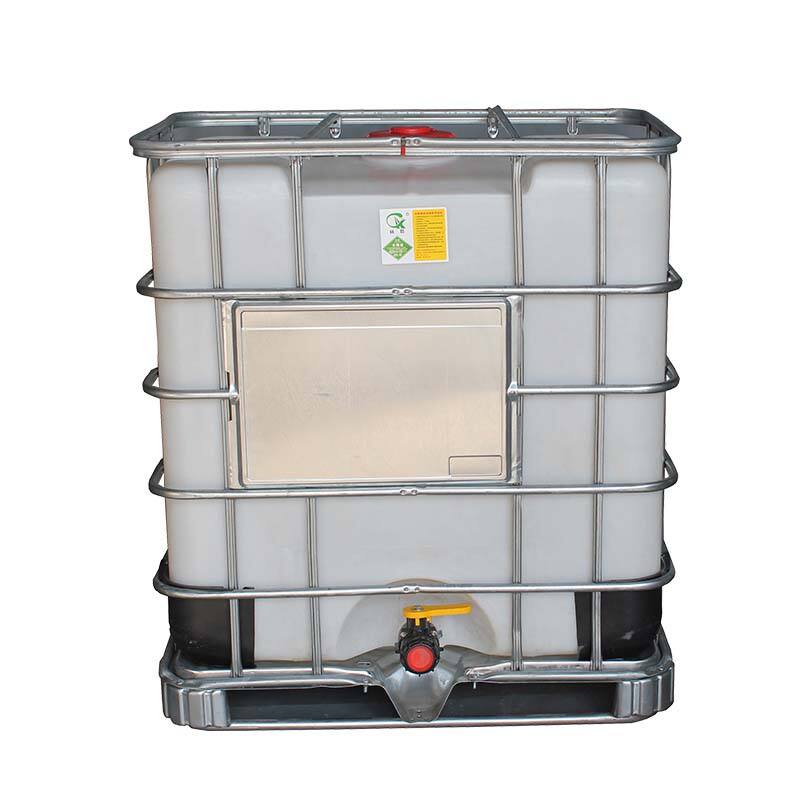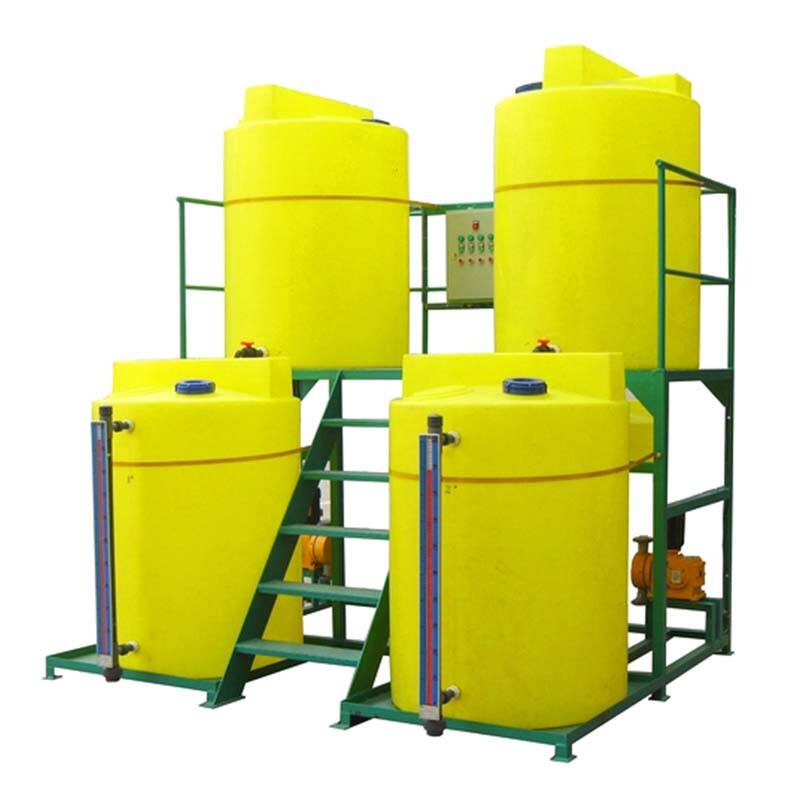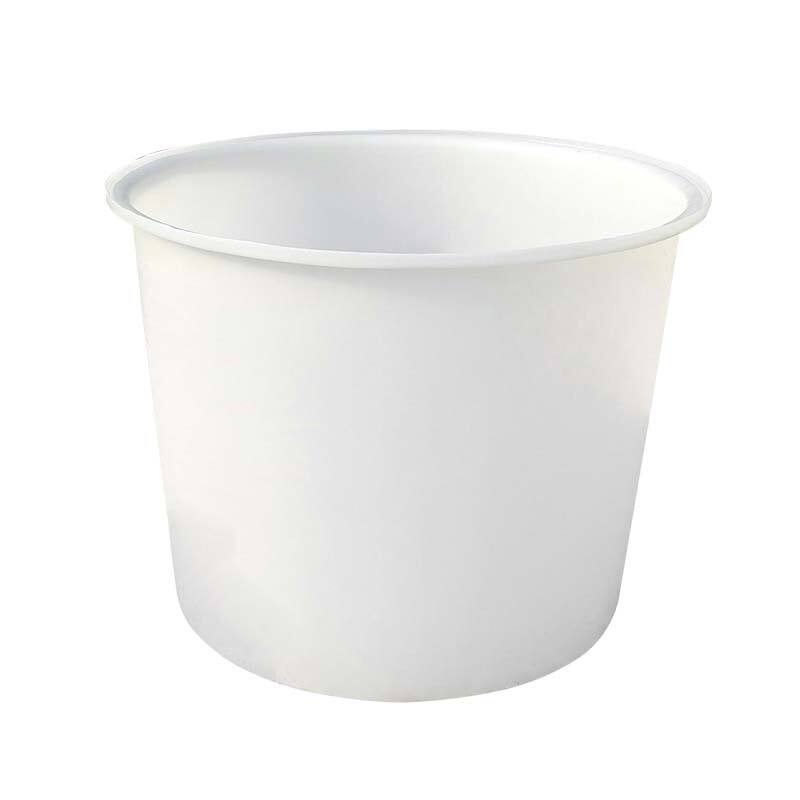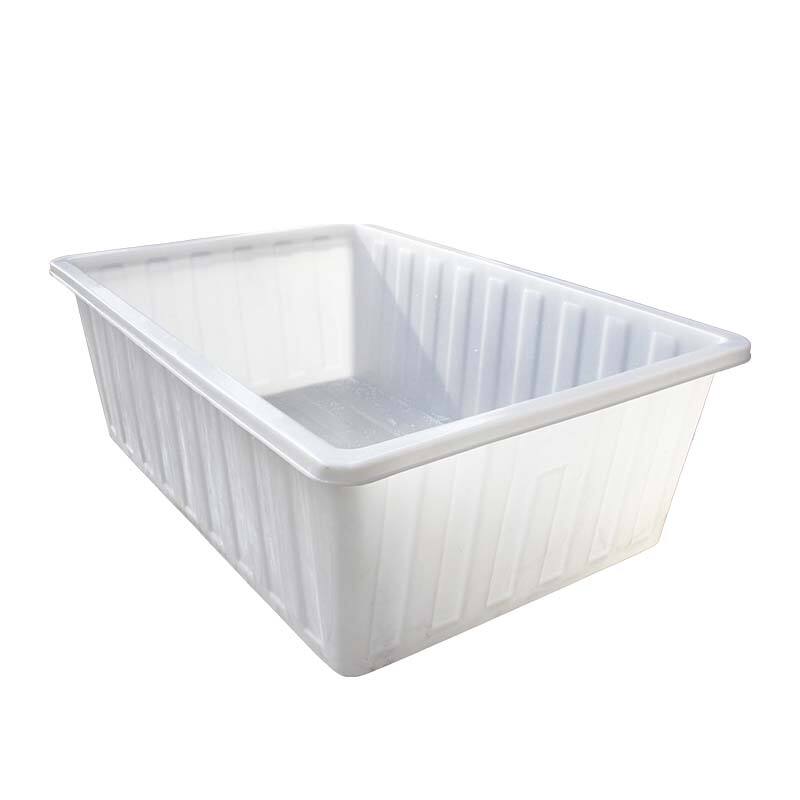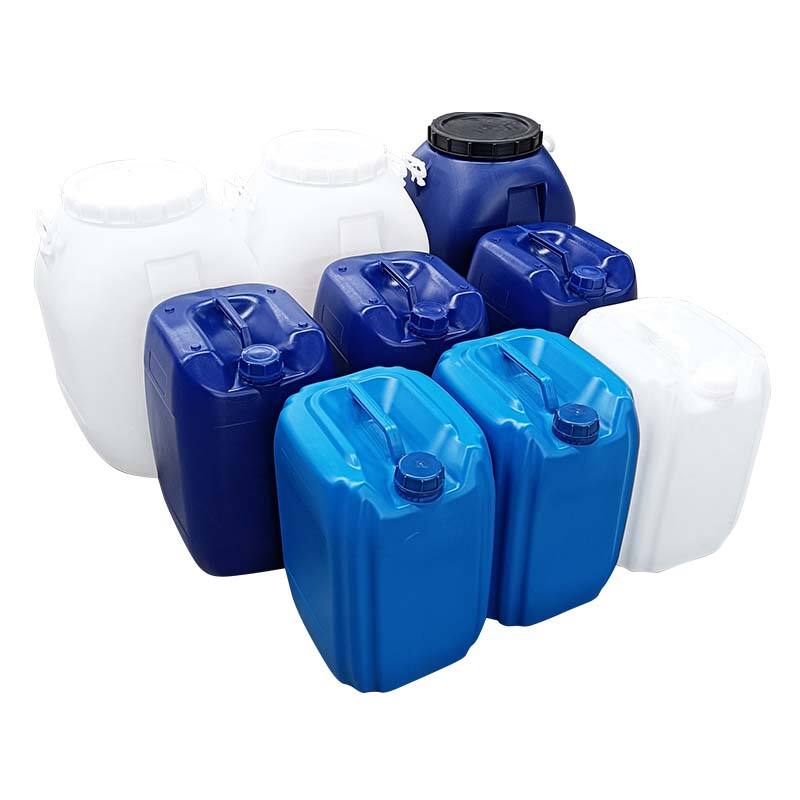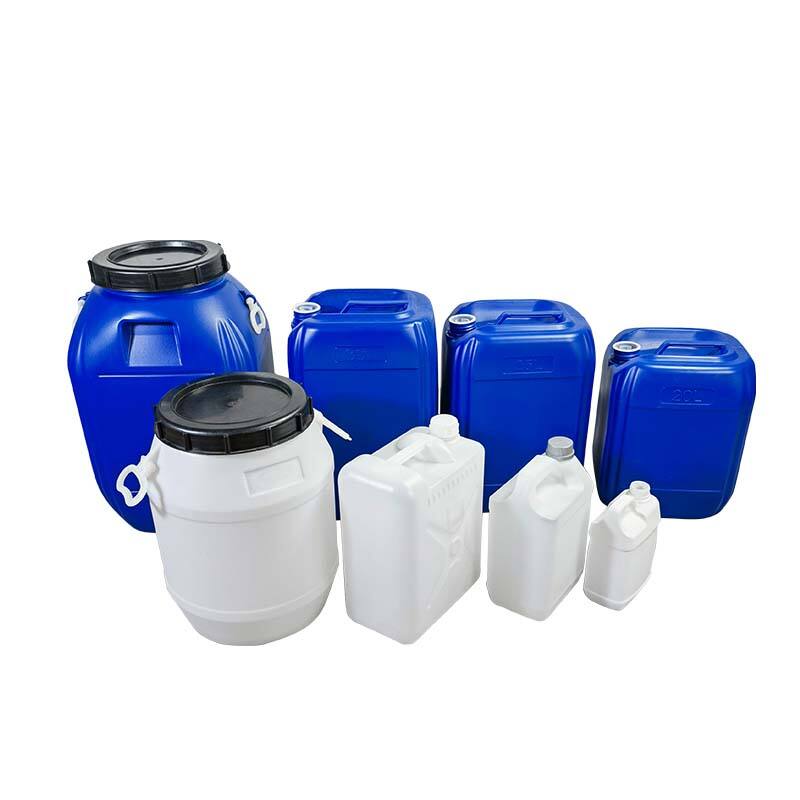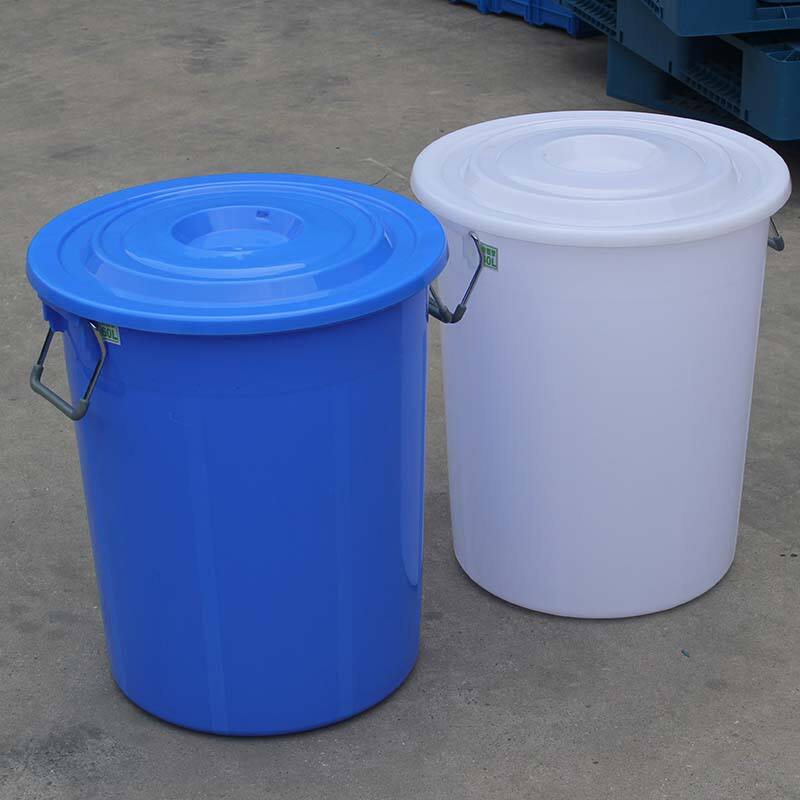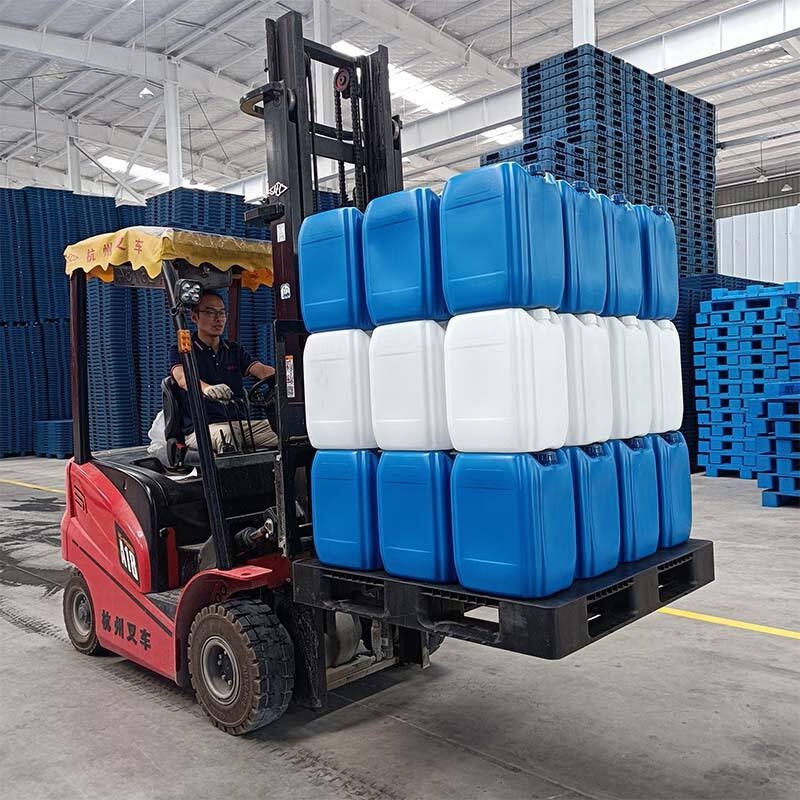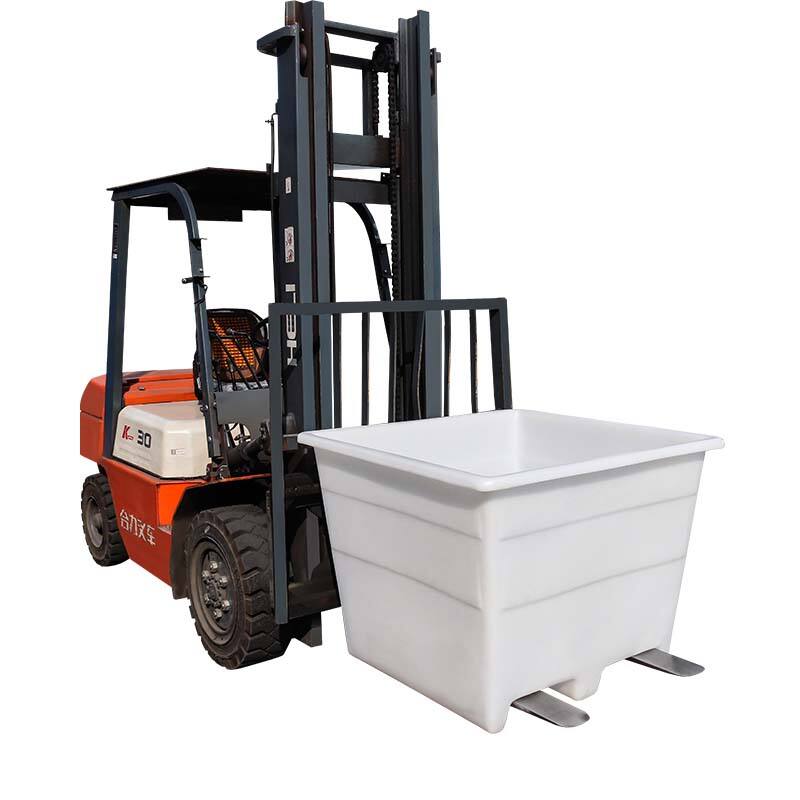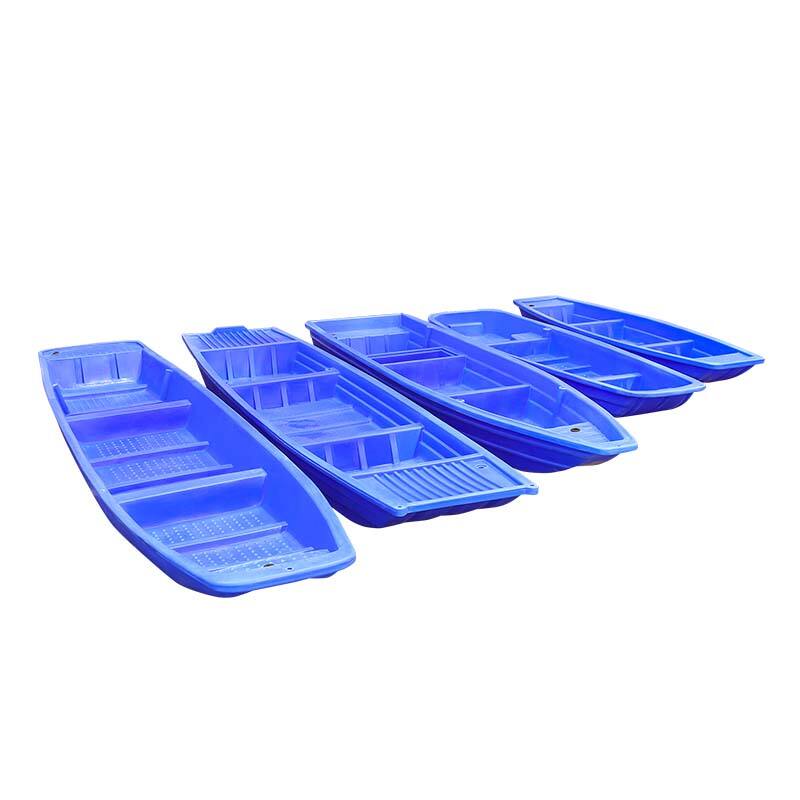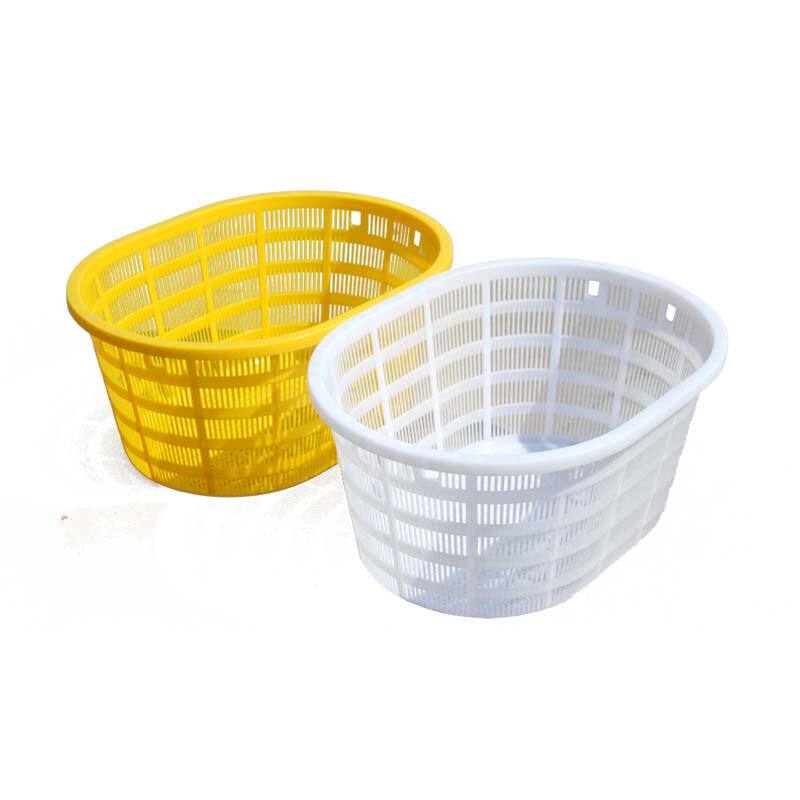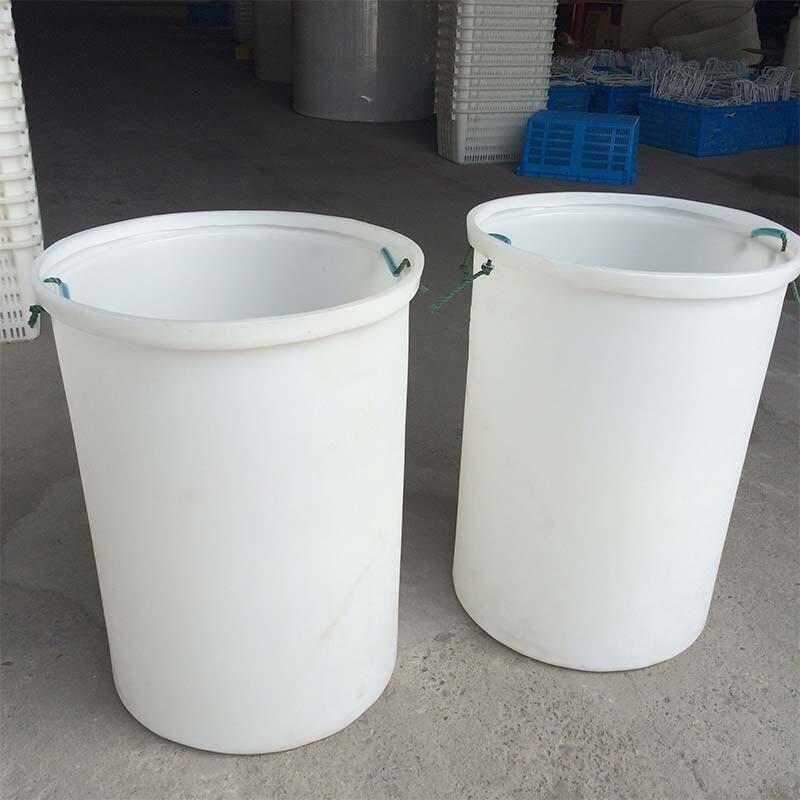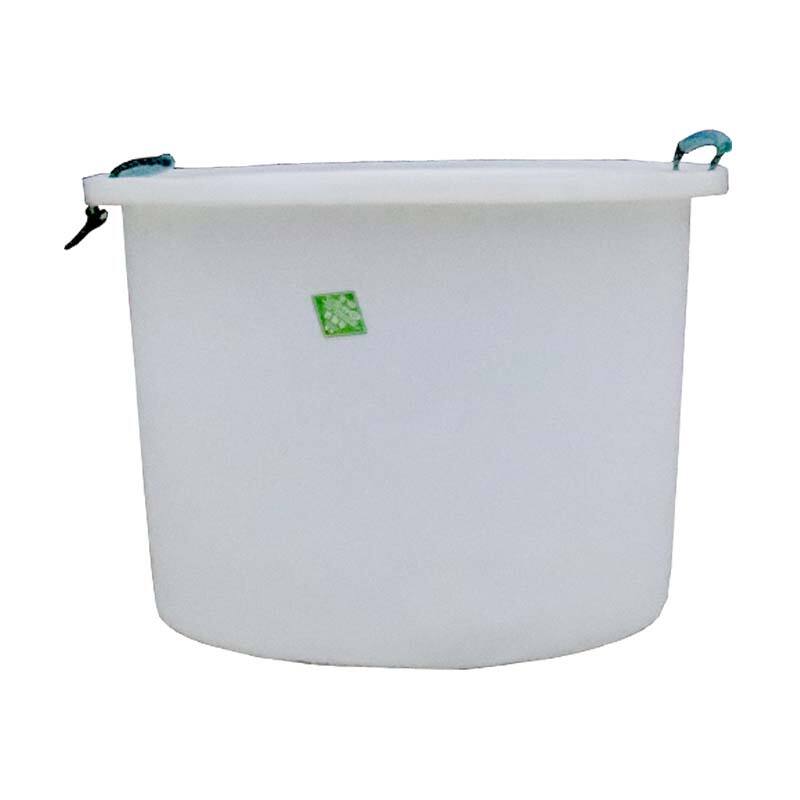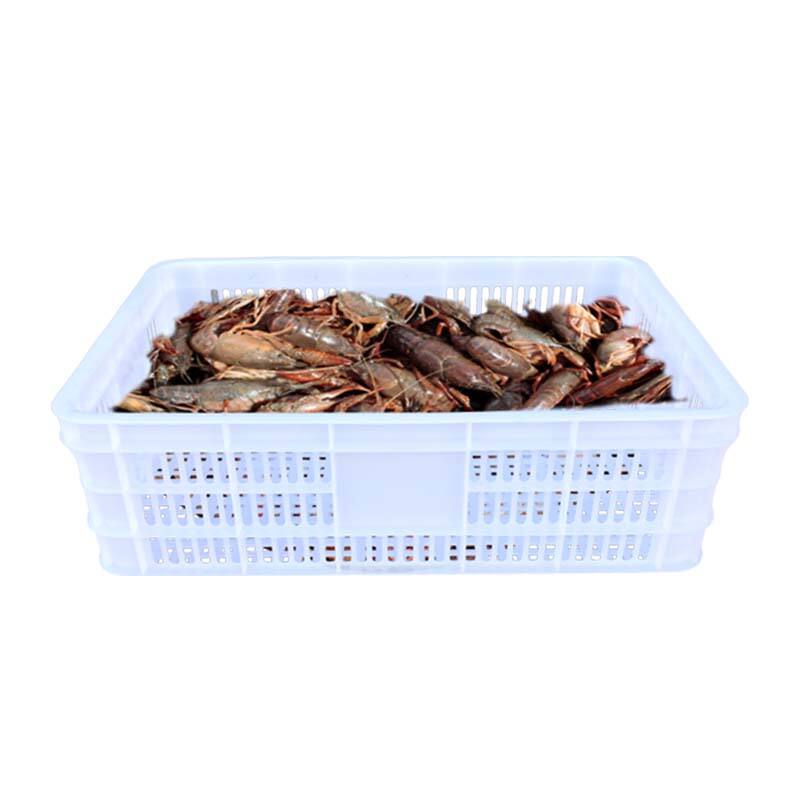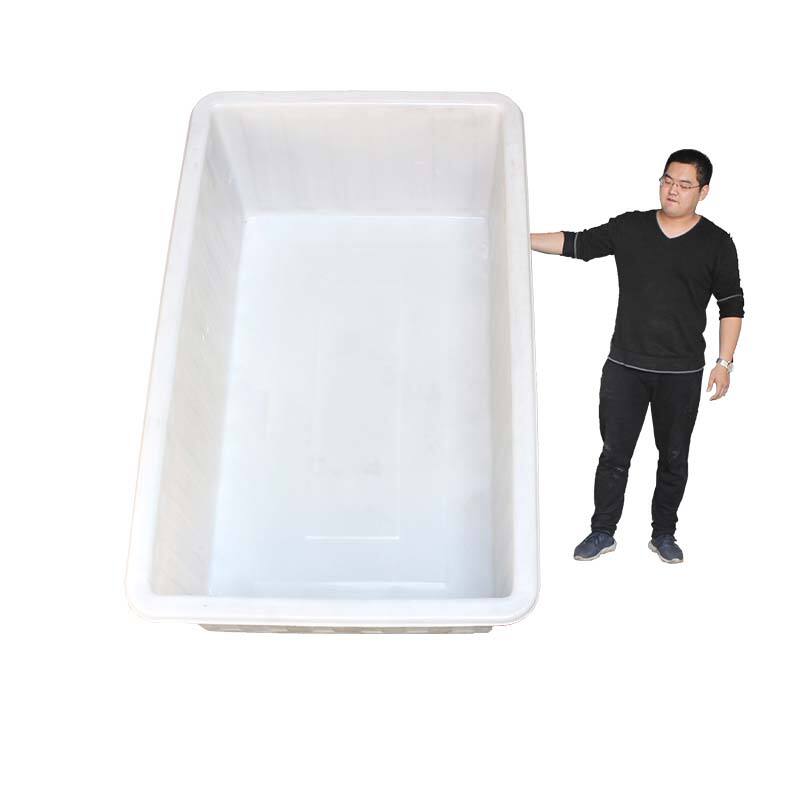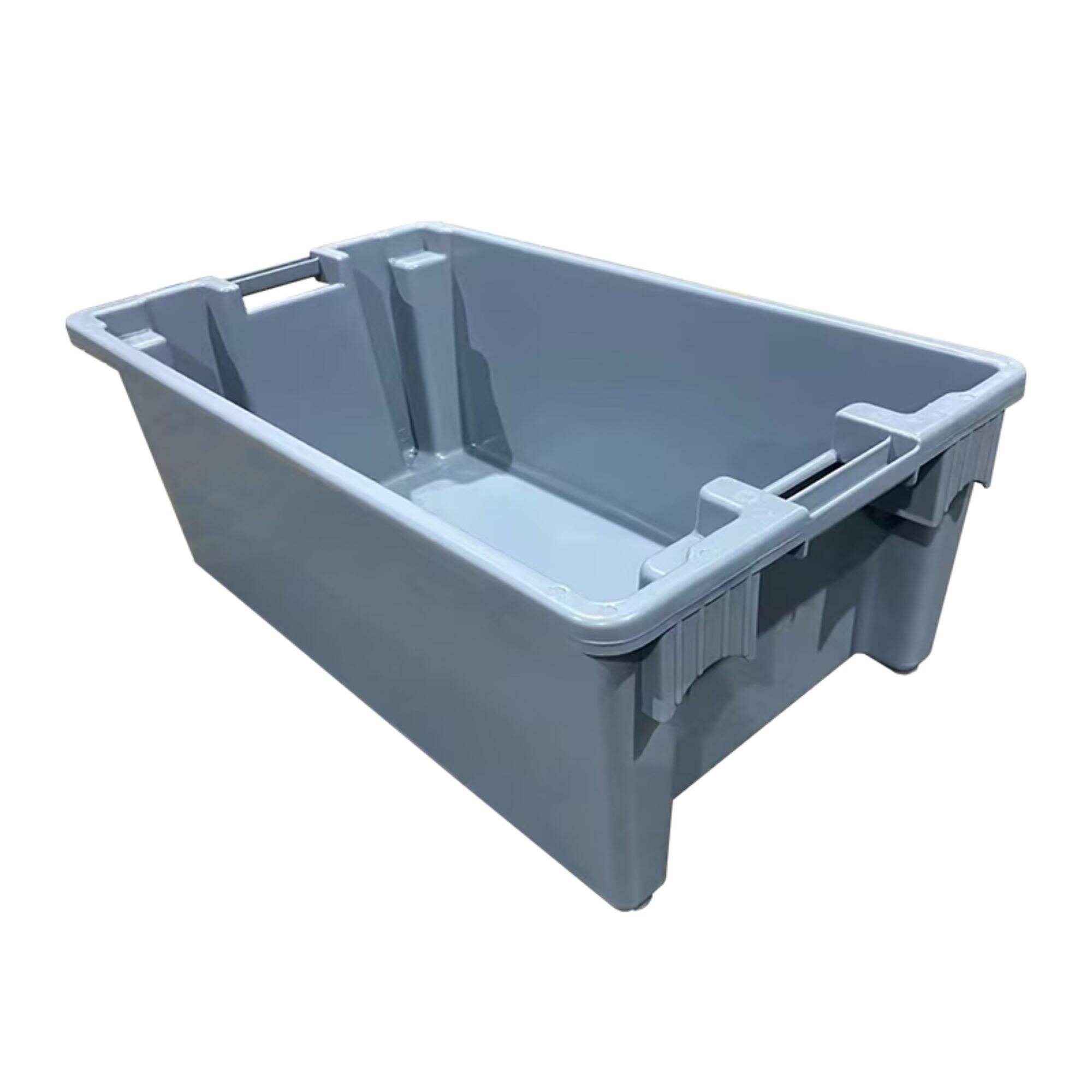Poubelles, outils essentiels pour un environnement plus propre
Les poubelles, également appelées bacs à ordures ou réceptacles d'ordures, jouent un rôle crucial dans le maintien de la propreté et du rangement dans notre environnement. Ces conteneurs discrets sont des outils essentiels qui contribuent de manière significative à la gestion des déchets et à la durabilité environnementale.
L'une des fonctions principales des poubelles est de collecter et de contenir différents types de déchets produits par les individus, les ménages, les entreprises et les espaces publics. En fournissant un endroit désigné pour jeter les ordures, les poubelles aident à prévenir le dépôt sauvage et à maintenir l'environnement propre et bien organisé. Un bon traitement des déchets est essentiel pour prévenir la pollution, protéger la faune et maintenir l'attrait esthétique de notre environnement.
Les poubelles existent en une variété de formes, de tailles et de matériaux pour s'adapter à différents environnements et usages. Du petit modèle destiné à un usage individuel aux grands conteneurs industriels pour les établissements commerciaux, il existe une large gamme d'options pour répondre à des besoins diversifiés. Certaines poubelles sont conçues pour des types spécifiques de déchets, tels que les matières recyclables, les déchets organiques ou les matériaux dangereux, permettant ainsi un tri et une élimination efficaces.
Outre leur fonction pratique, les poubelles servent également de symboles de gestion responsable des déchets et de protection de l'environnement. Leur placement en des lieux stratégiques incite les gens à adopter de bonnes habitudes de gestion des déchets et à prendre en charge le nettoyage de leur environnement. Les campagnes de sensibilisation mettent souvent en avant l'importance d'utiliser correctement les poubelles et de respecter les espaces partagés afin de promouvoir une culture de conscience environnementale et de fierté communautaire.
L'entretien adéquat des poubelles est crucial pour garantir leur efficacité et leur longévité. Le vidage, le nettoyage réguliers et l'entretien aident à prévenir les odeurs, les nuisibles et les conditions insalubres associées aux poubelles débordantes ou négligées. Les inspections et réparations périodiques peuvent résoudre tout dommage ou usure, en s'assurant que les poubelles restent fonctionnelles et esthétiquement agréables.
La conception et le placement des poubelles jouent un rôle clé dans l'encouragement de leur utilisation et la maximisation de leur impact sur la propreté et la gestion des déchets. Un positionnement stratégique dans les zones à fort trafic, près des points de rassemblement et aux endroits pratiques peut augmenter la visibilité et l'accessibilité, rendant plus facile pour les gens de jeter leurs déchets de manière responsable. Une signalisation claire indiquant le type de déchets acceptés dans chaque poubelle peut aider les utilisateurs à trier correctement leurs ordures et faciliter les efforts de recyclage.
Une gestion efficace des déchets implique non seulement la présence de poubelles, mais aussi des efforts continus pour réduire, réutiliser et recycler les déchets afin de minimiser leur impact environnemental. Les poubelles ne sont qu'une partie d'une stratégie complète de gestion des déchets qui inclut l'éducation, le développement de l'infrastructure et la mise en œuvre de politiques. En promouvant des pratiques durables et en encourageant une culture de réduction des déchets et de conservation des ressources, les poubelles contribuent à un environnement plus propre et plus sain pour les générations actuelles et futures.
En conclusion, les poubelles sont des outils indispensables dans notre quête d'un monde plus propre et plus vert. Leur rôle simple mais essentiel dans la gestion des déchets et la protection de l'environnement ne peut être surestimé. En utilisant les poubelles de manière responsable, en les entretenant correctement et en soutenant les initiatives de réduction et de recyclage des déchets, nous pouvons tous jouer un rôle dans la création d'un avenir plus durable pour notre planète.

 EN
EN
 AR
AR CS
CS DA
DA NL
NL FI
FI FR
FR DE
DE EL
EL HI
HI IT
IT JA
JA KO
KO NO
NO PL
PL PT
PT RU
RU ES
ES SV
SV TL
TL ID
ID SR
SR UK
UK VI
VI SQ
SQ HU
HU TH
TH TR
TR MS
MS IS
IS BN
BN LO
LO MN
MN NE
NE MY
MY UZ
UZ KY
KY


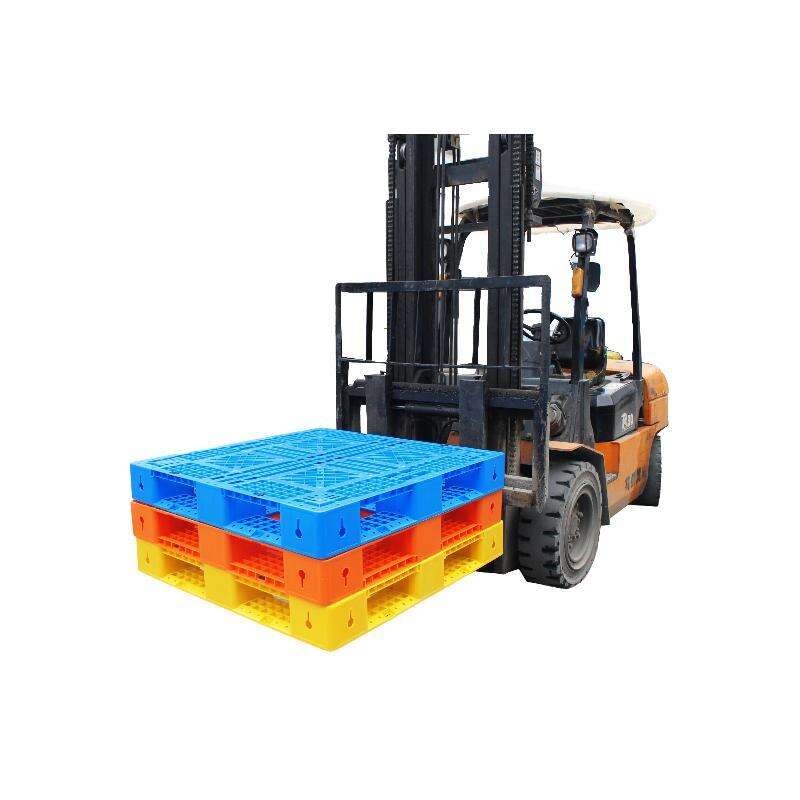 Pallets en plastique
Pallets en plastique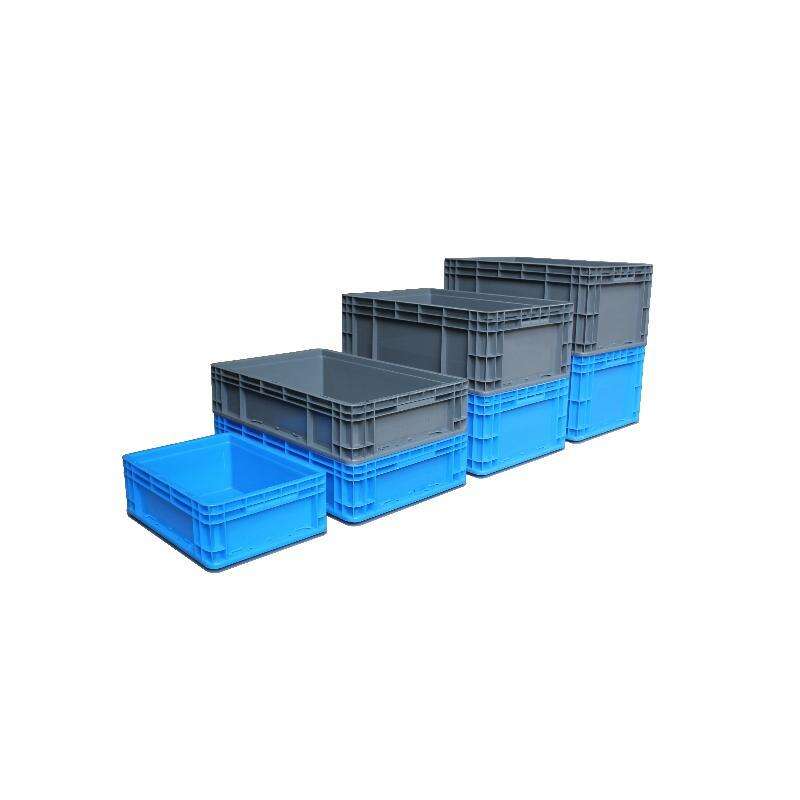 boîte logistique
boîte logistique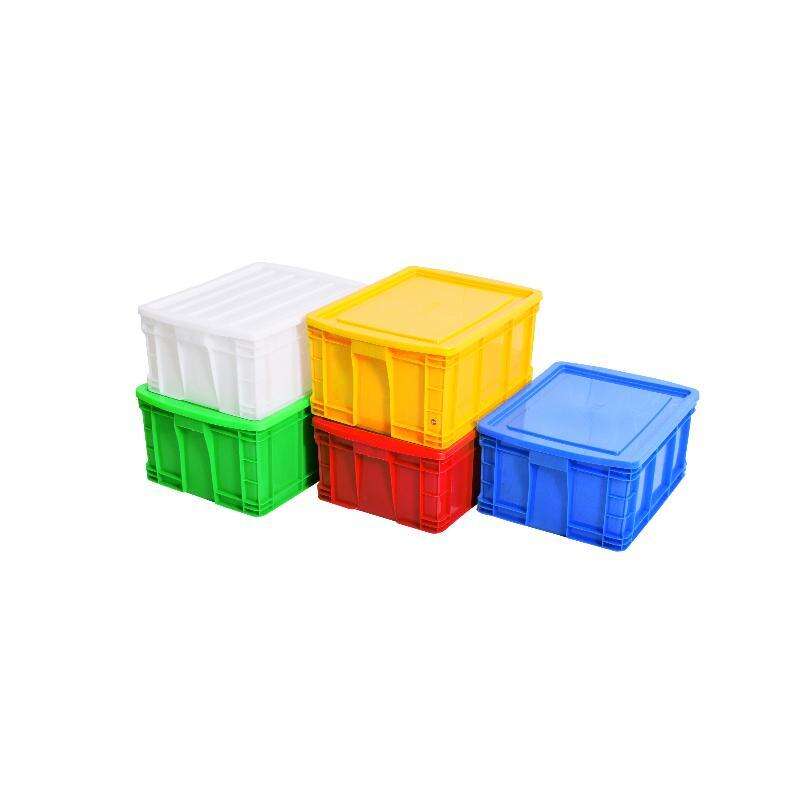 Caisses en plastique
Caisses en plastique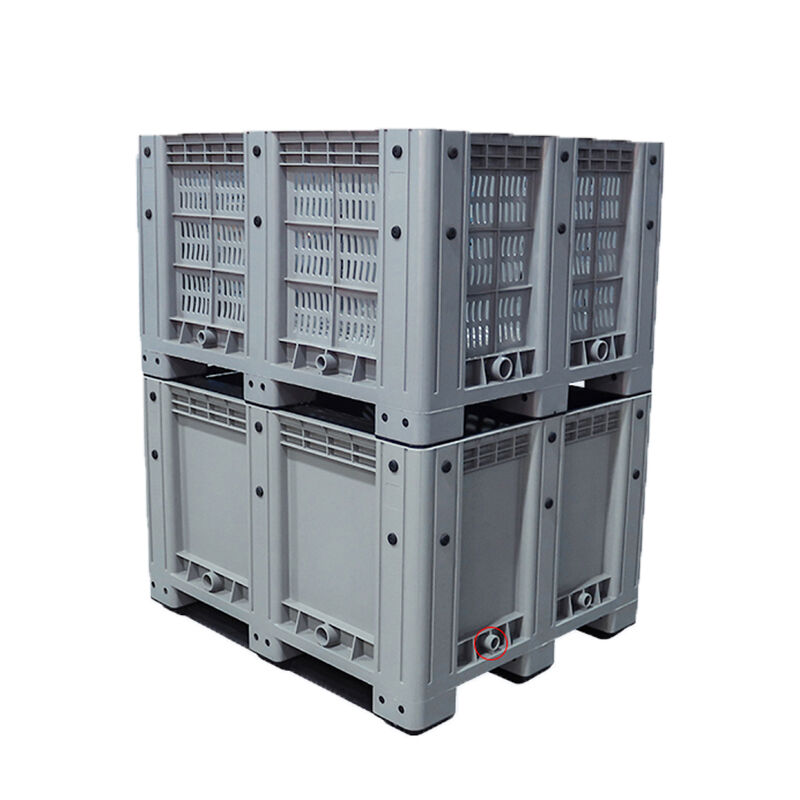 Conteneurs en vrac
Conteneurs en vrac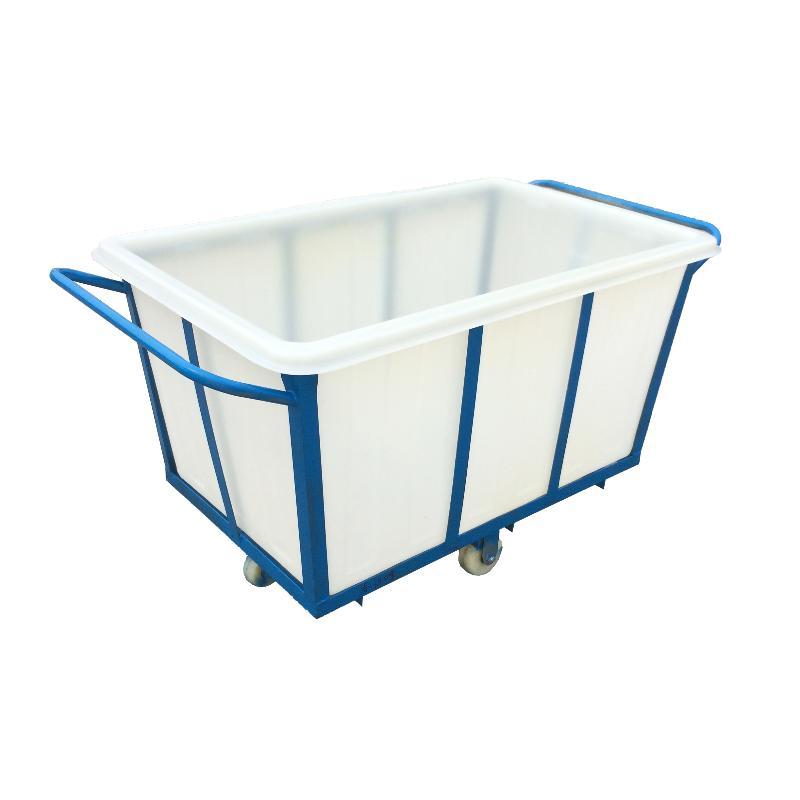 Caddie à roulettes
Caddie à roulettes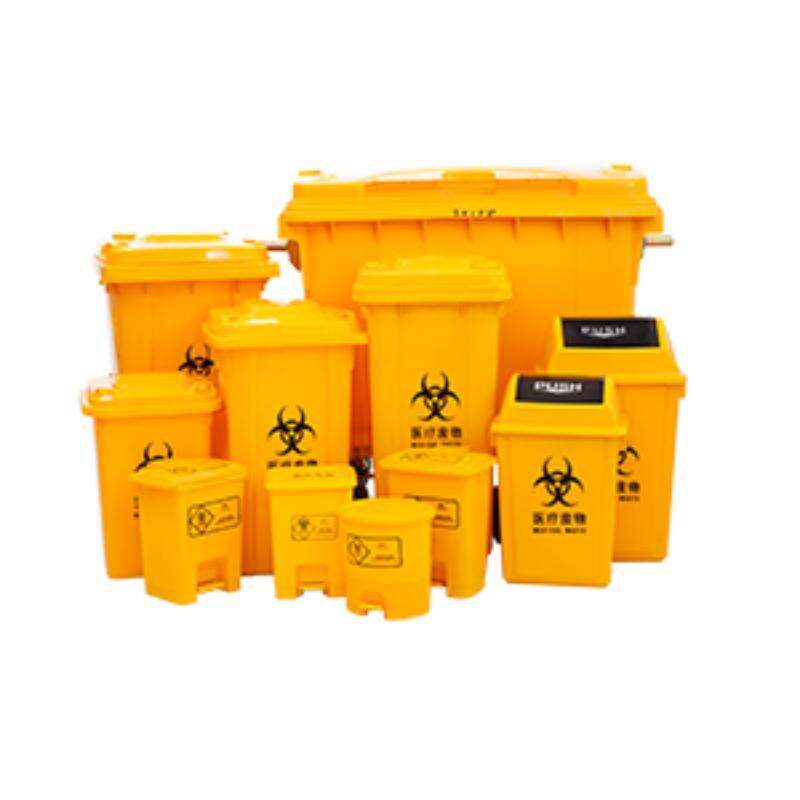 Bacs à ordures
Bacs à ordures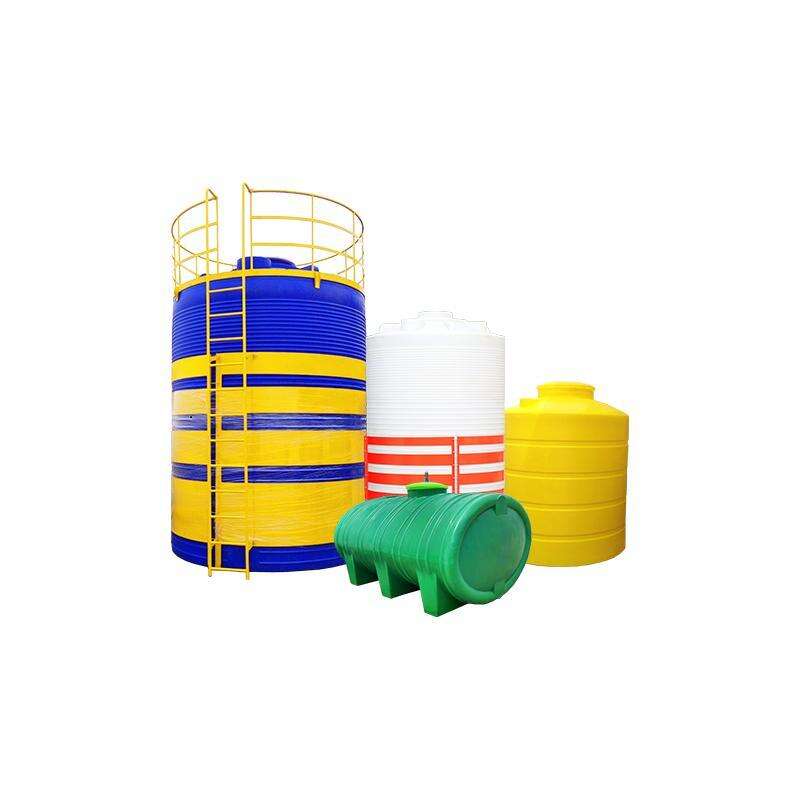 Conteneurs de stockage de liquide
Conteneurs de stockage de liquide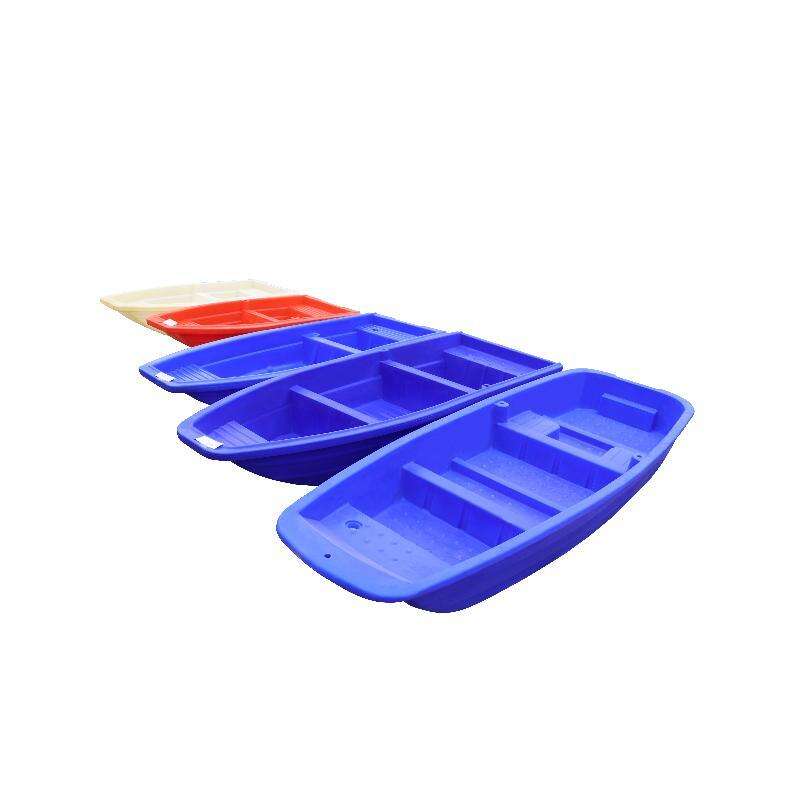 Bateau et produits aquatiques
Bateau et produits aquatiques